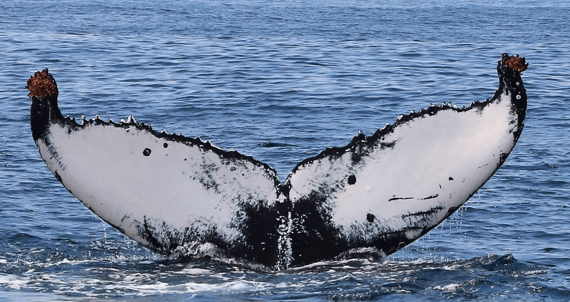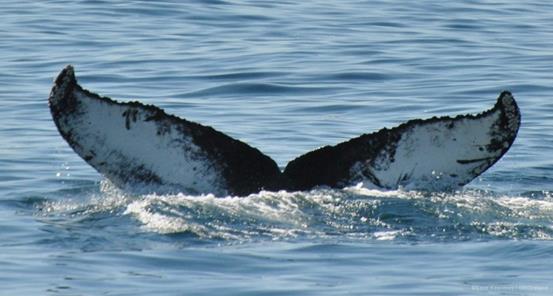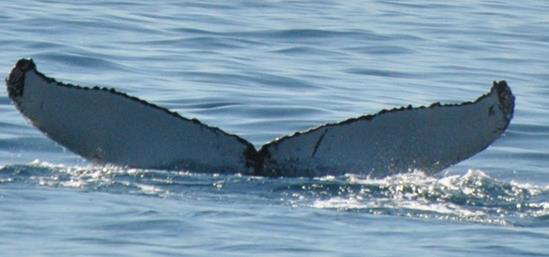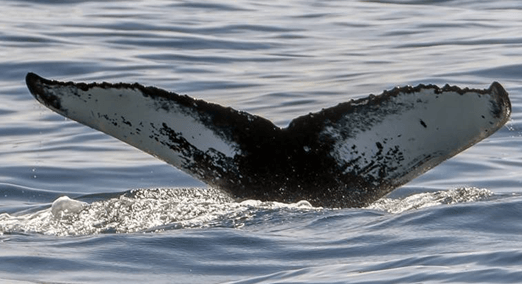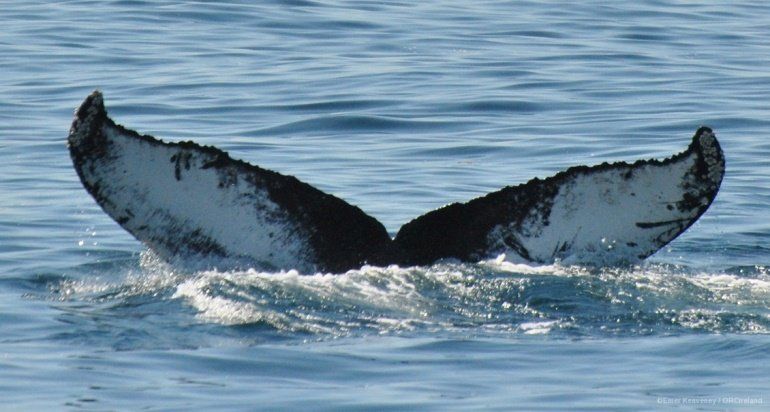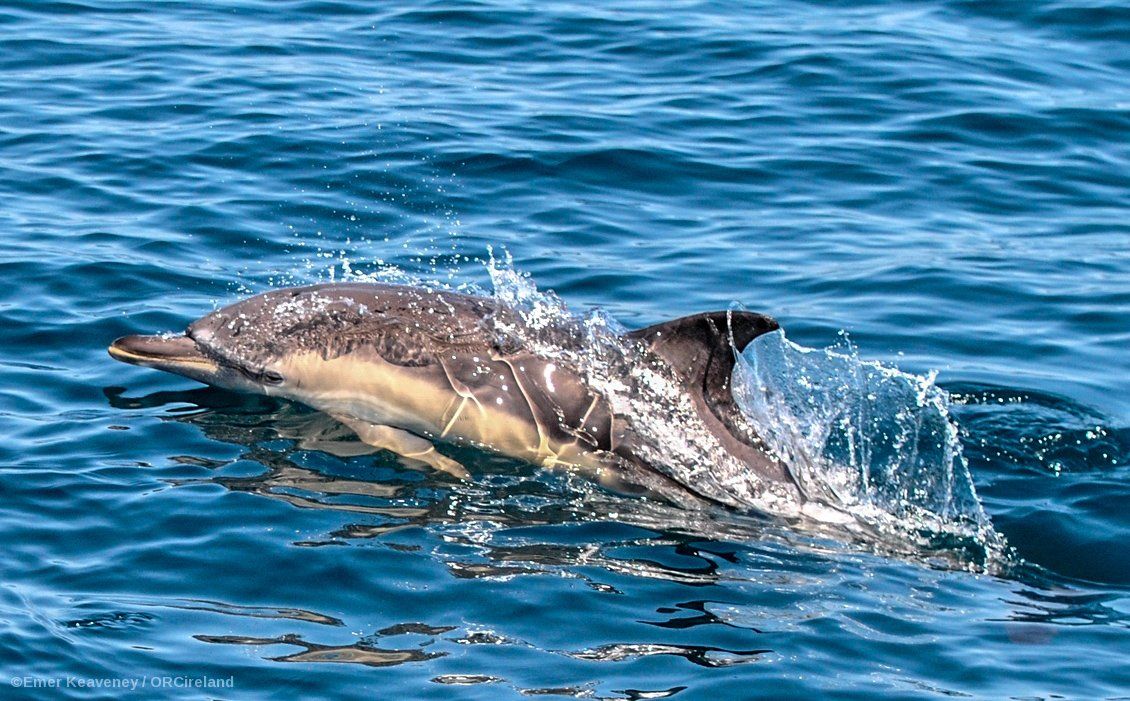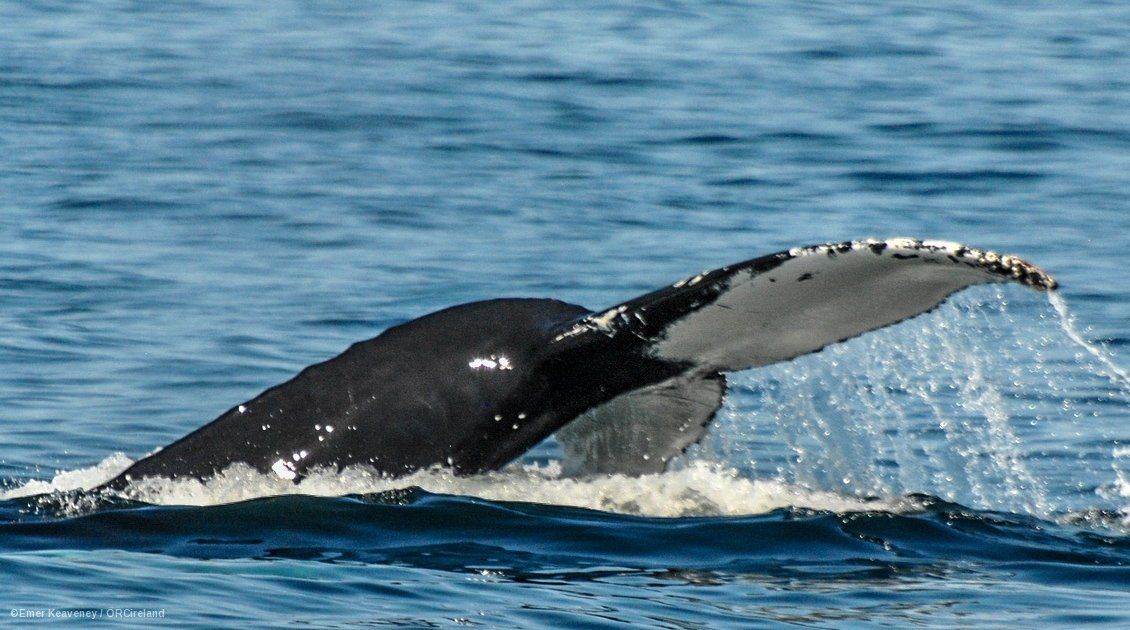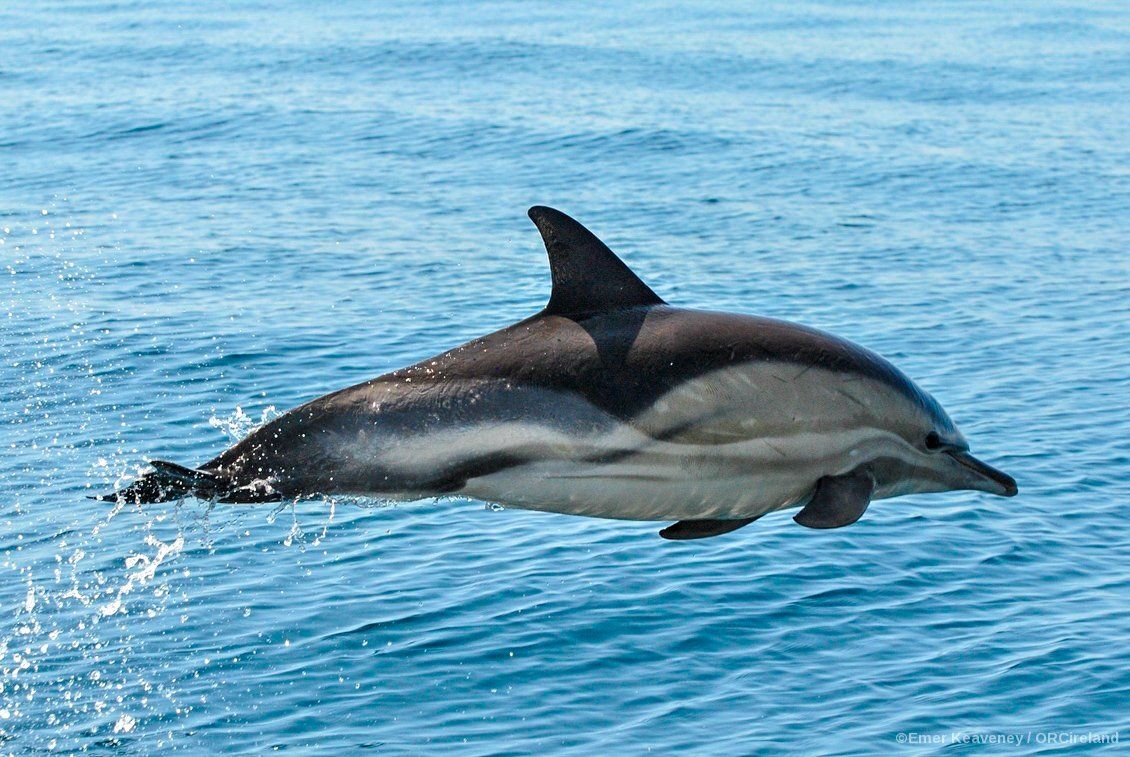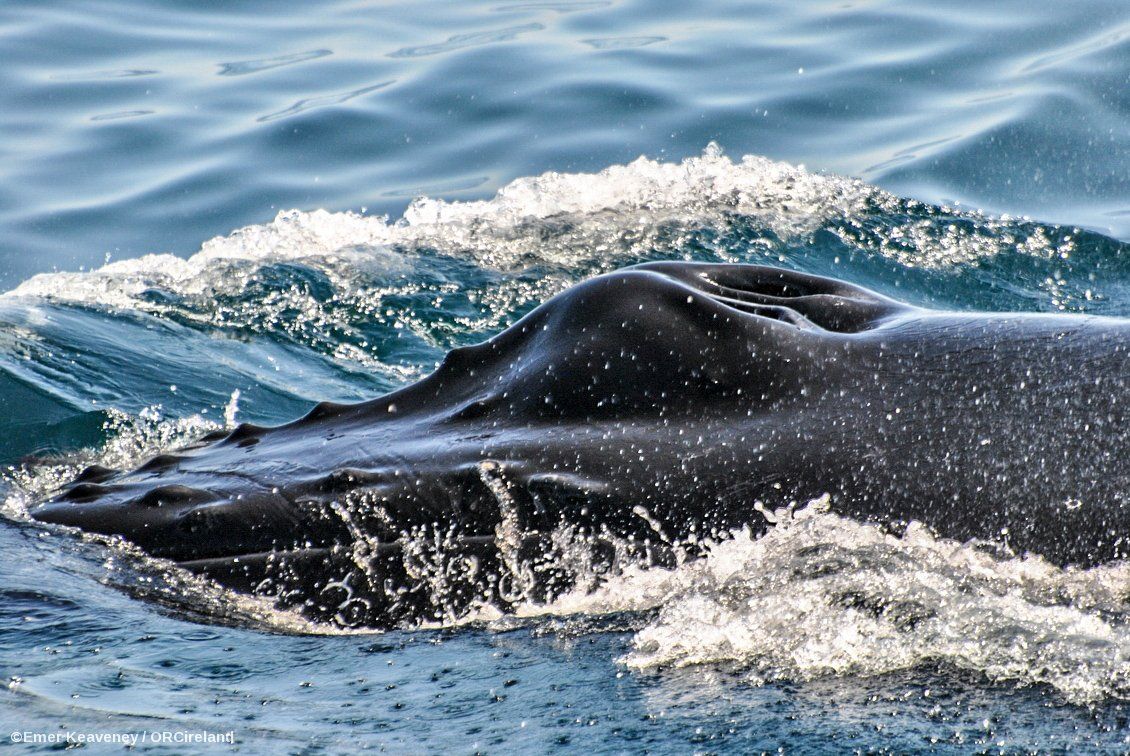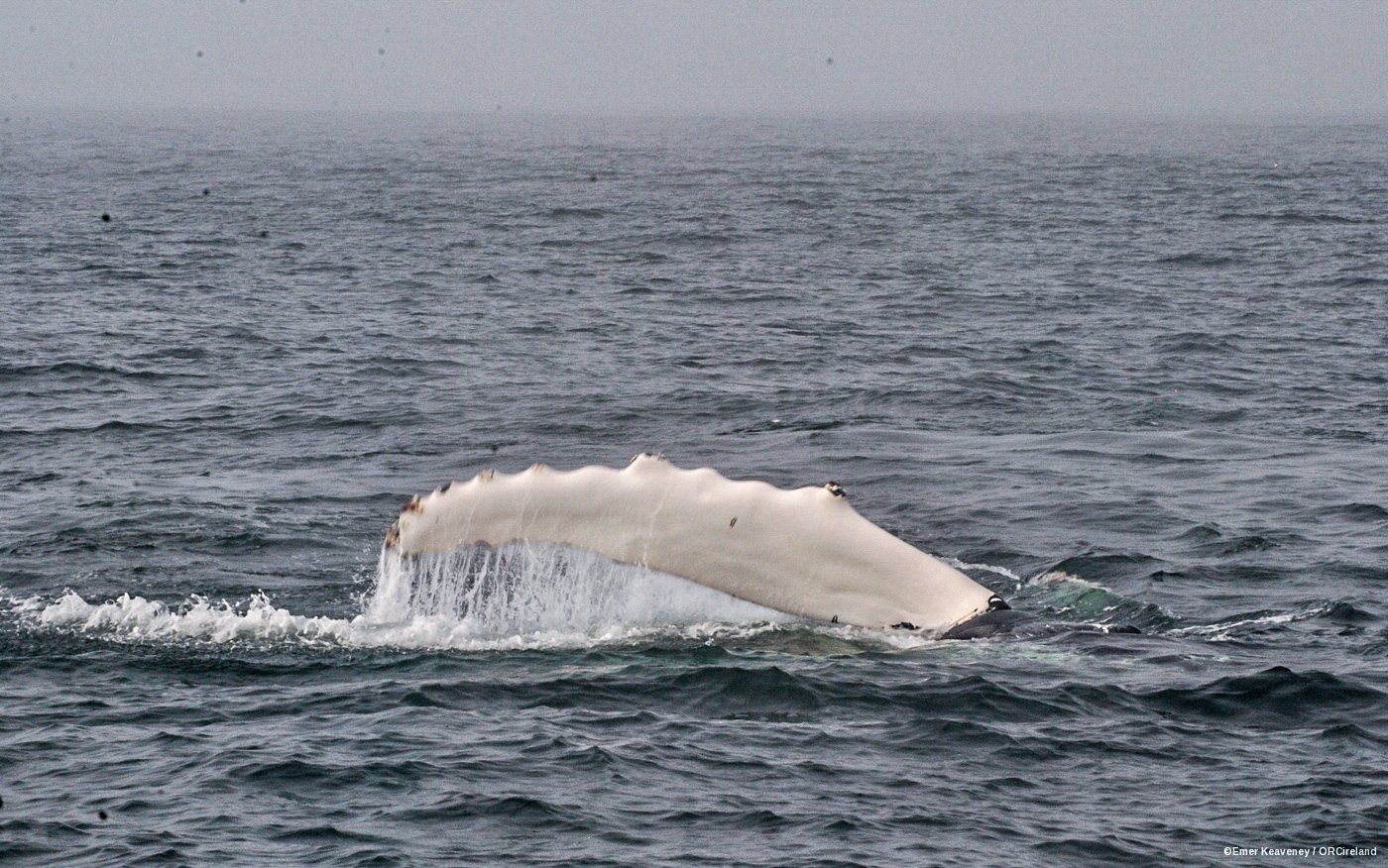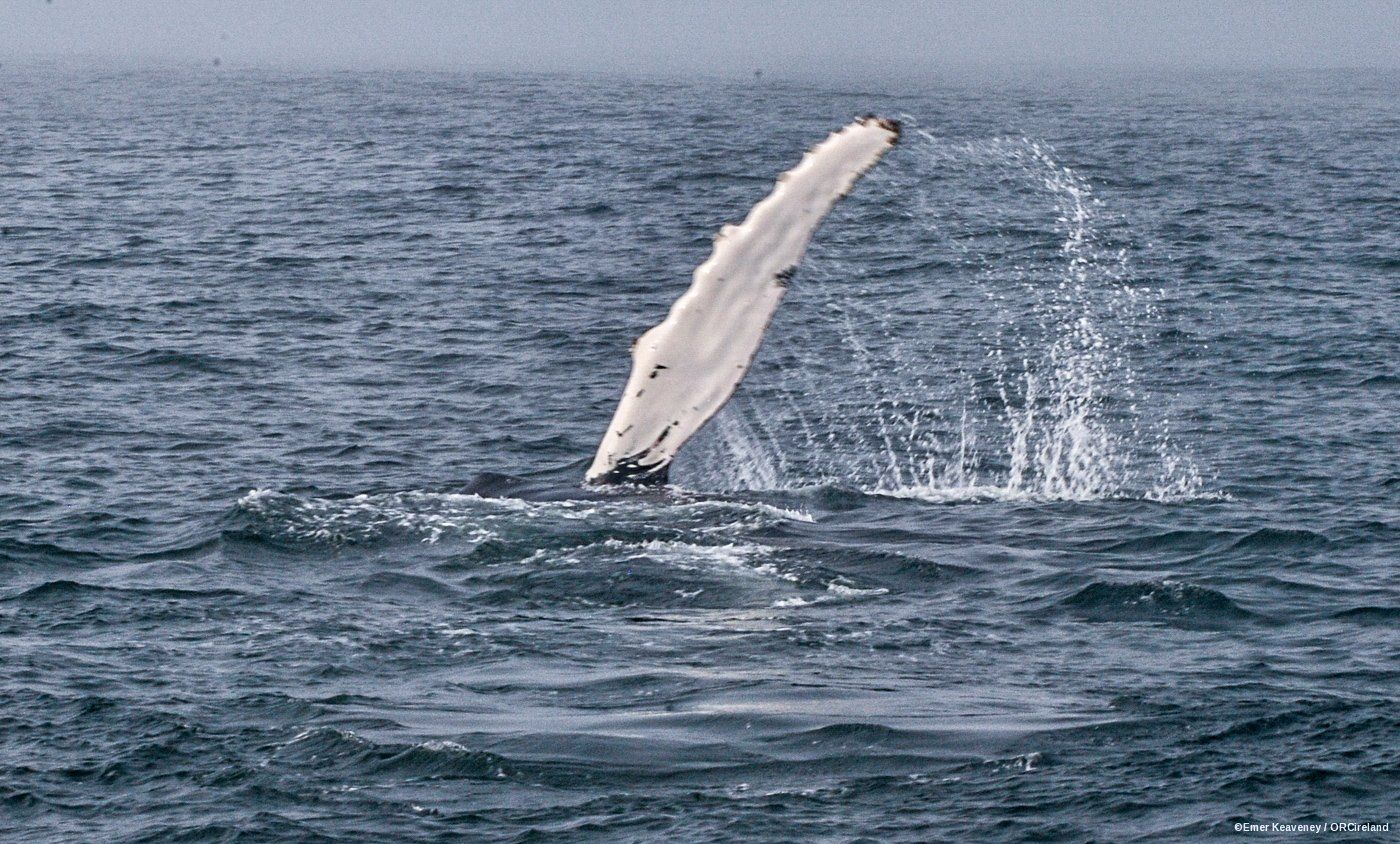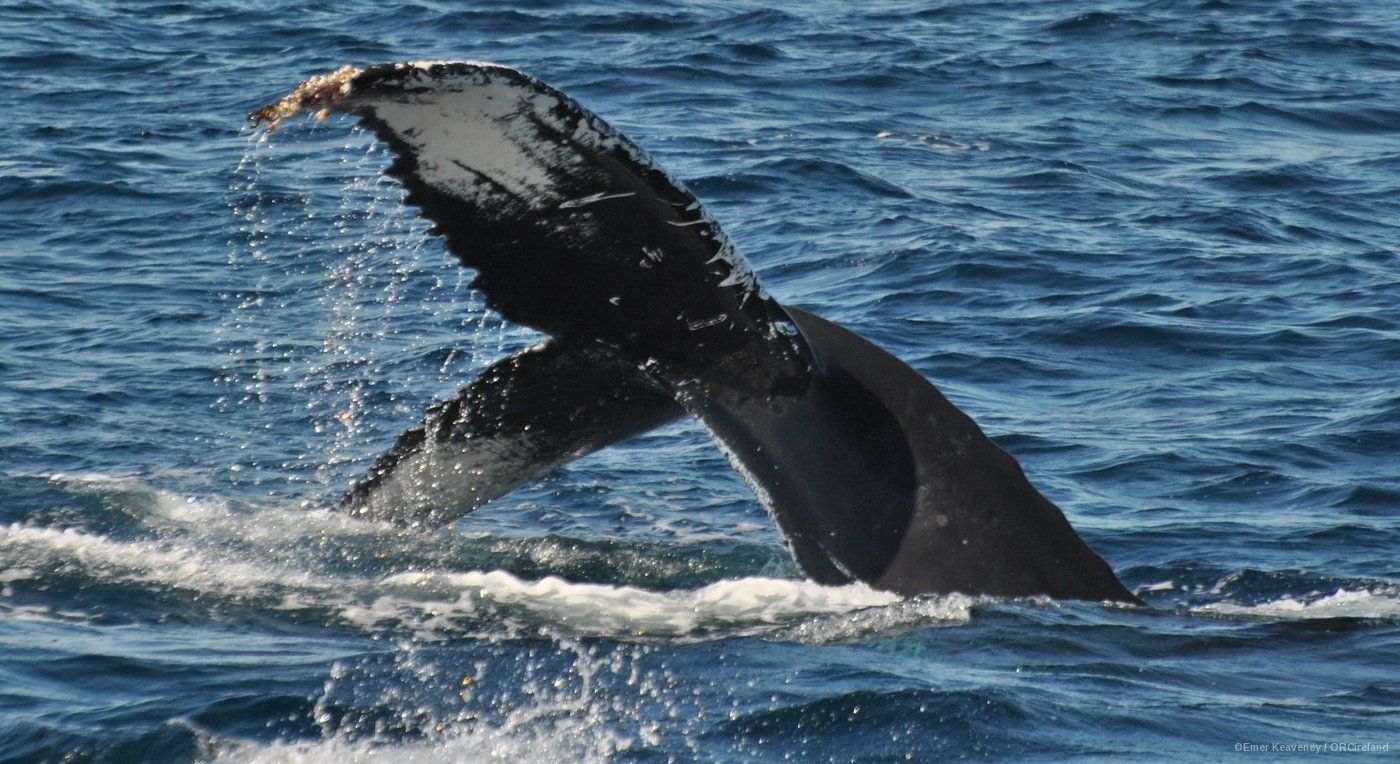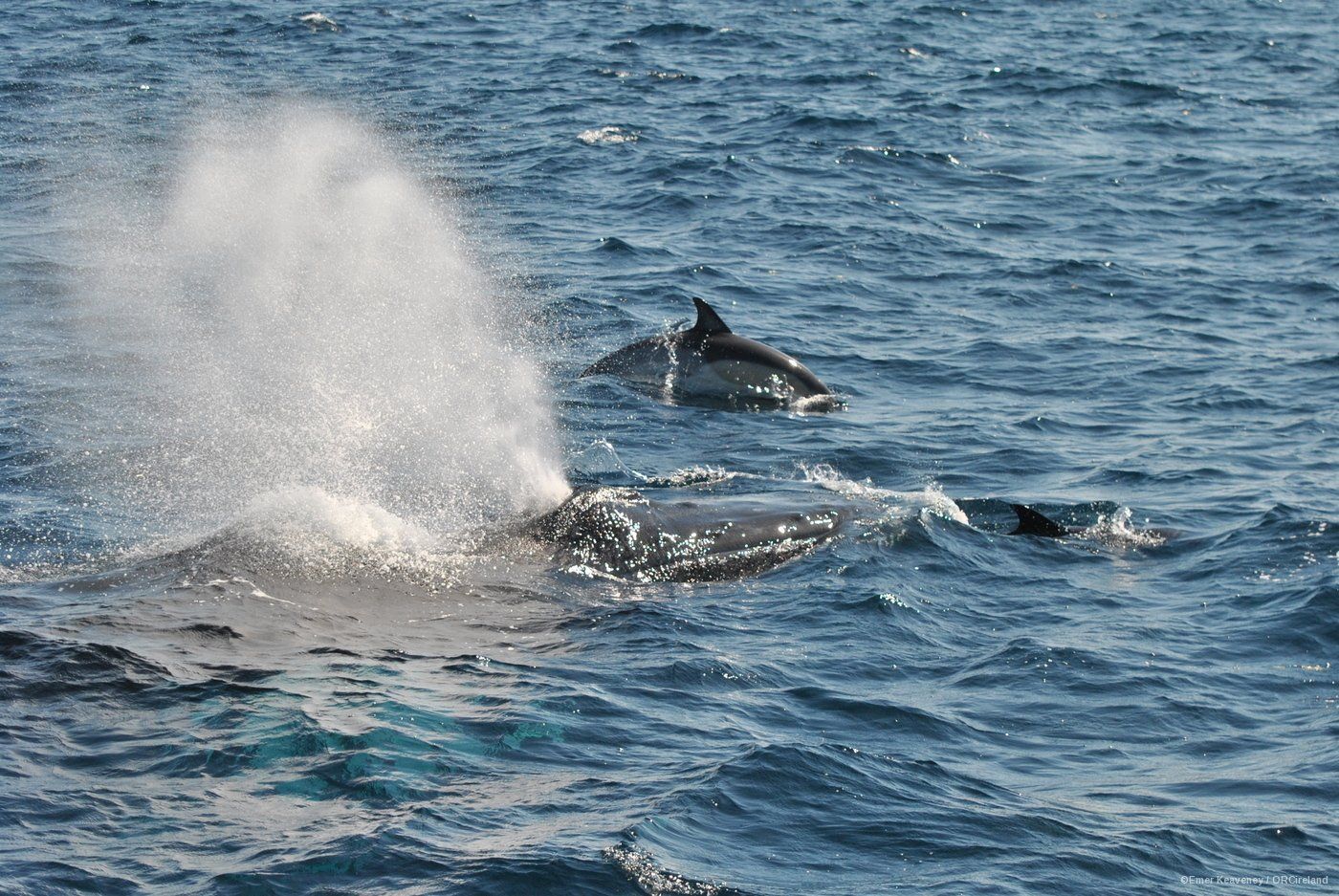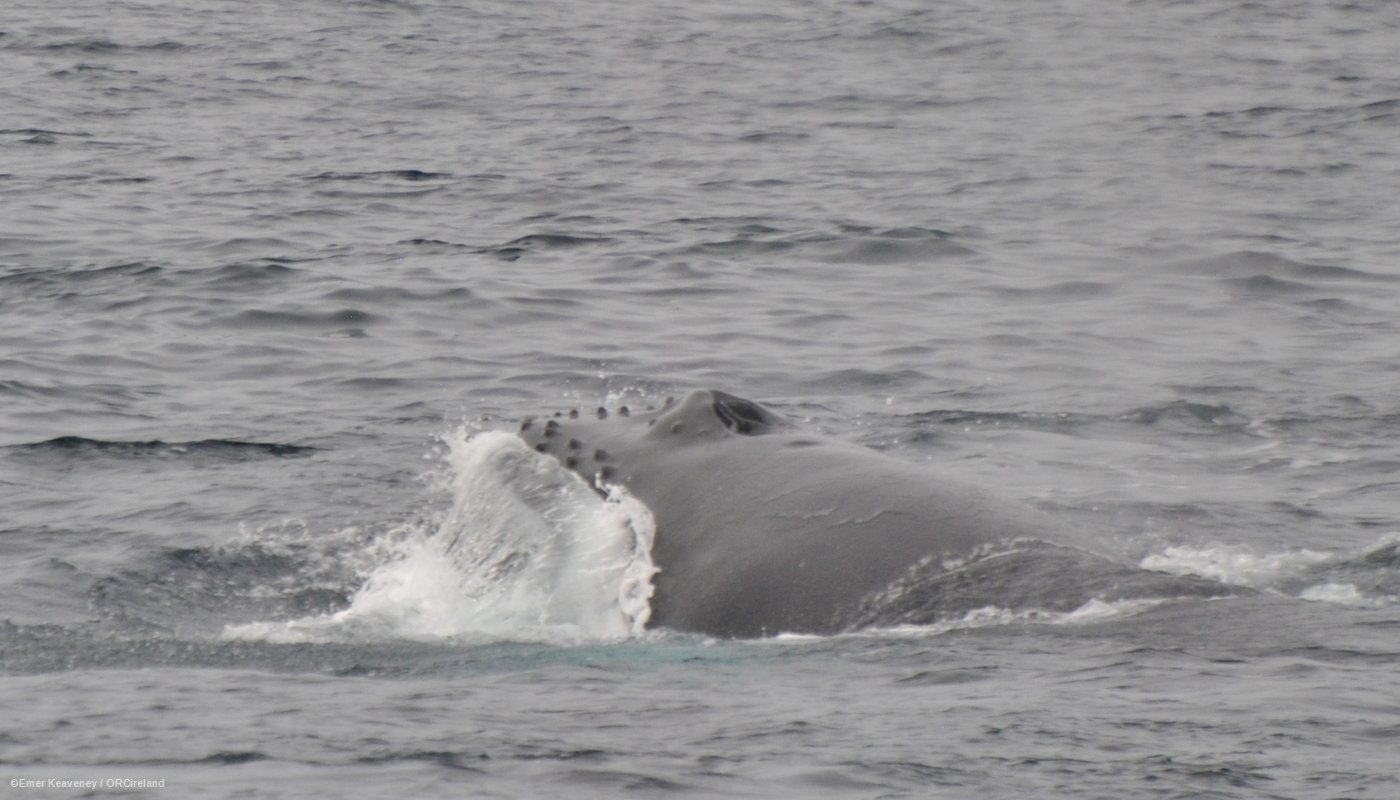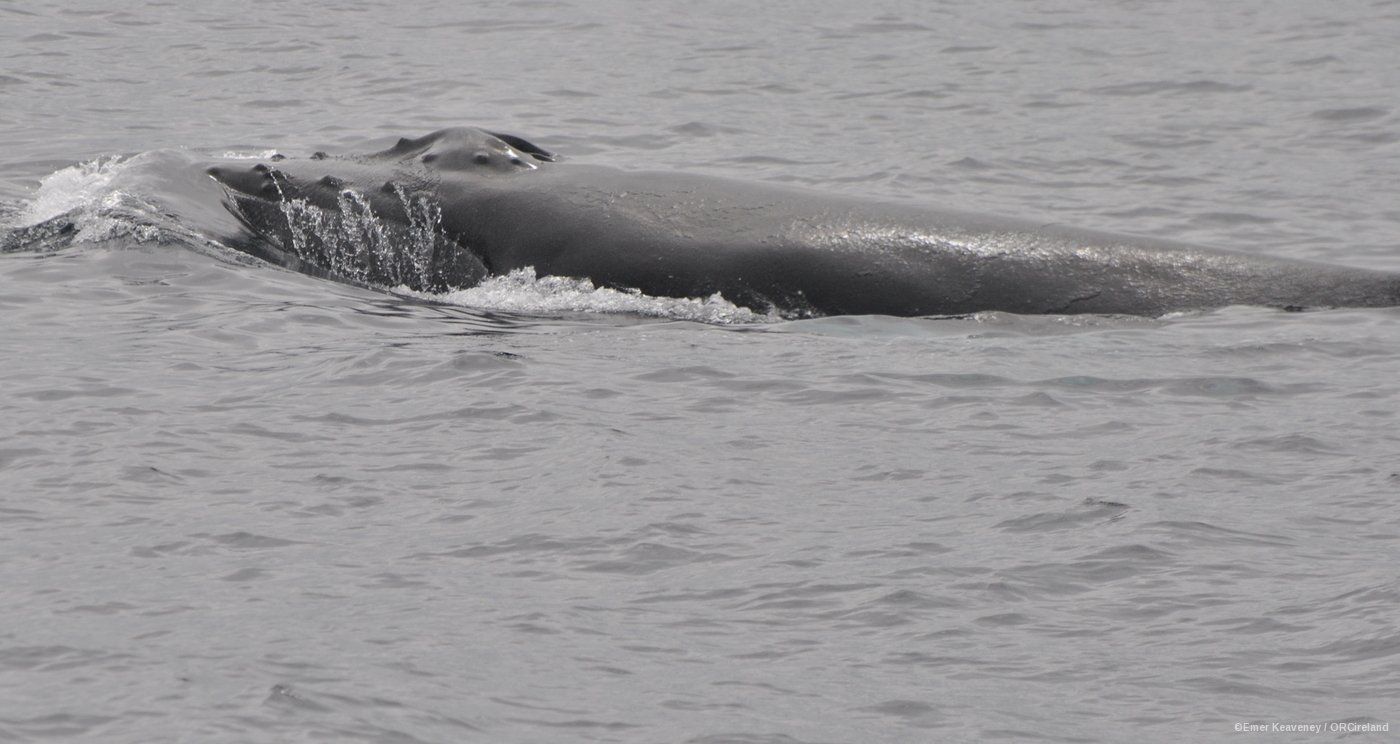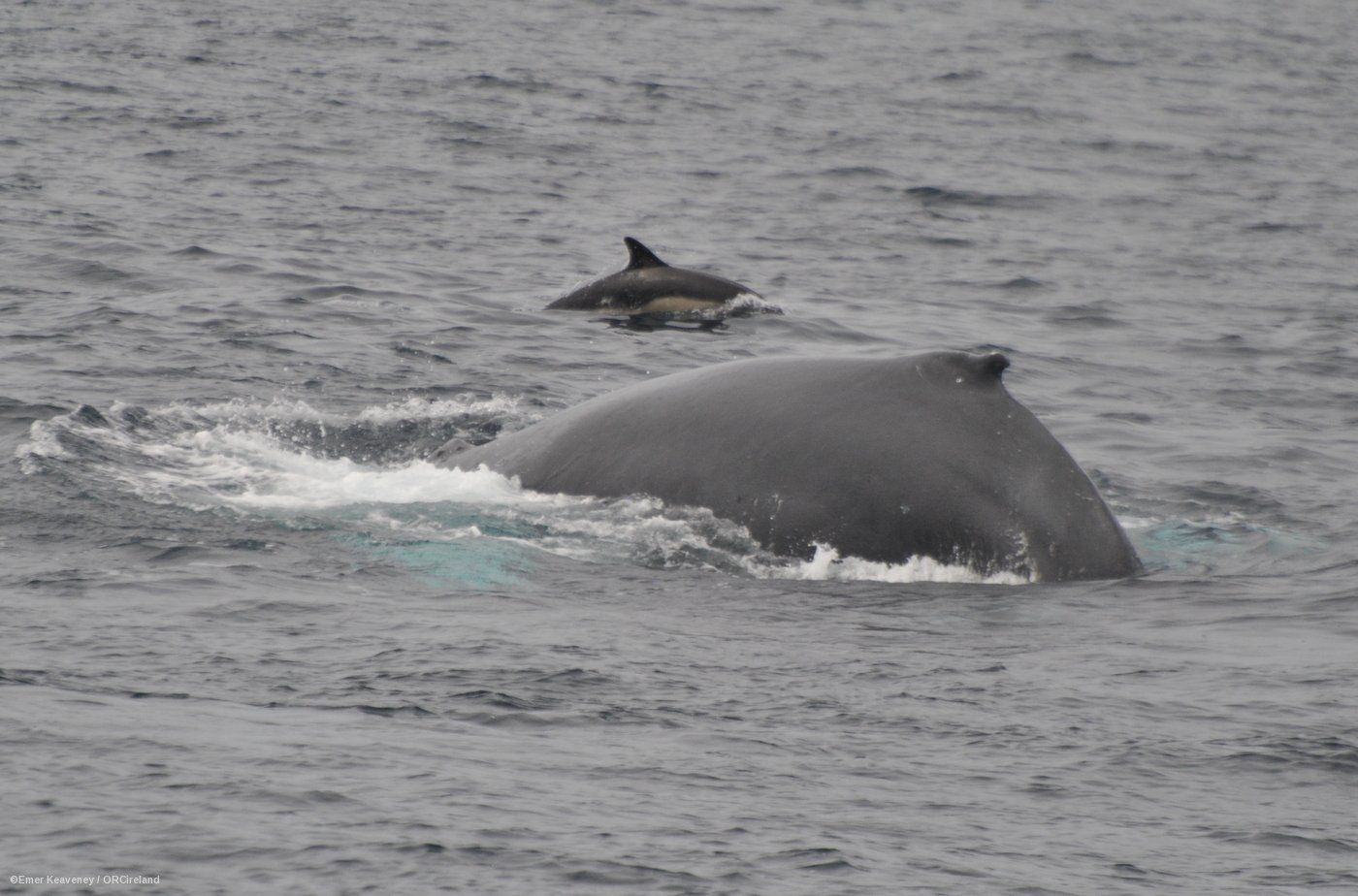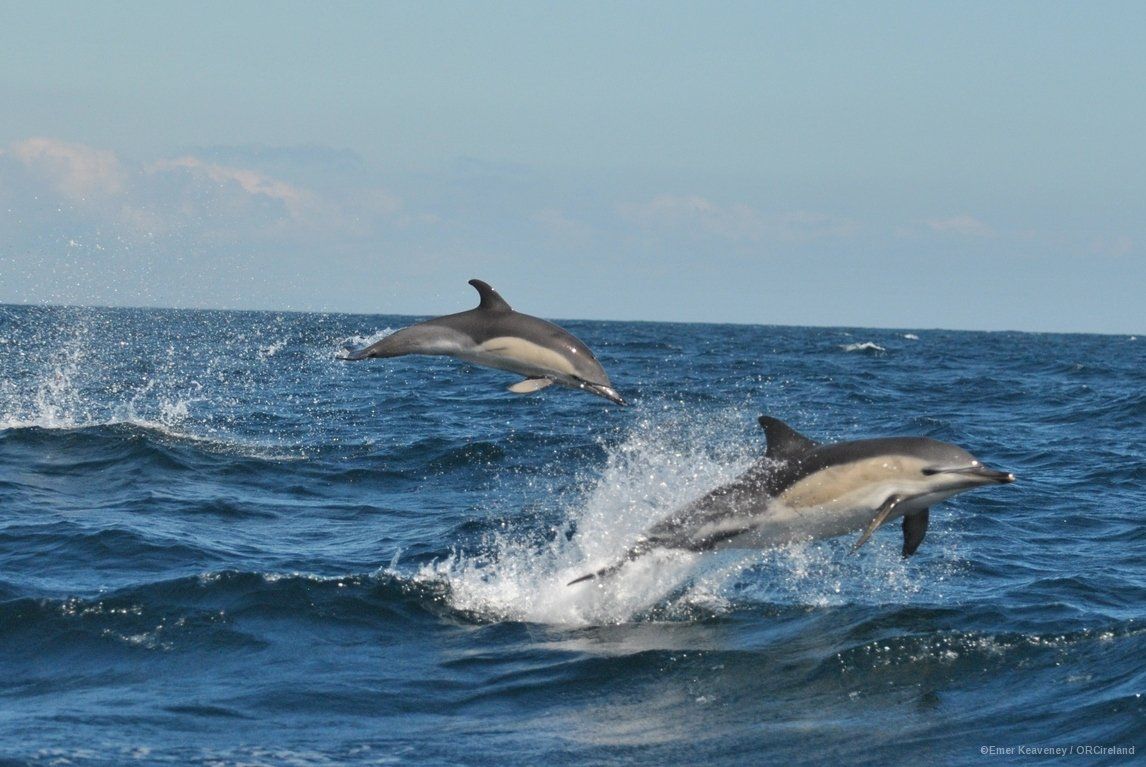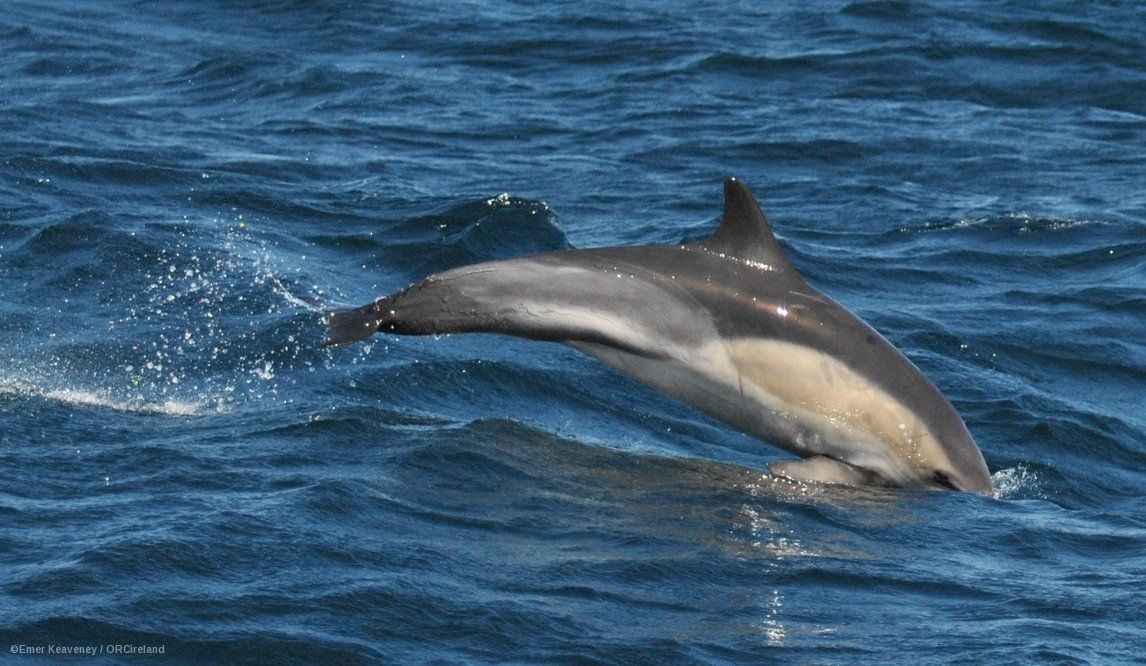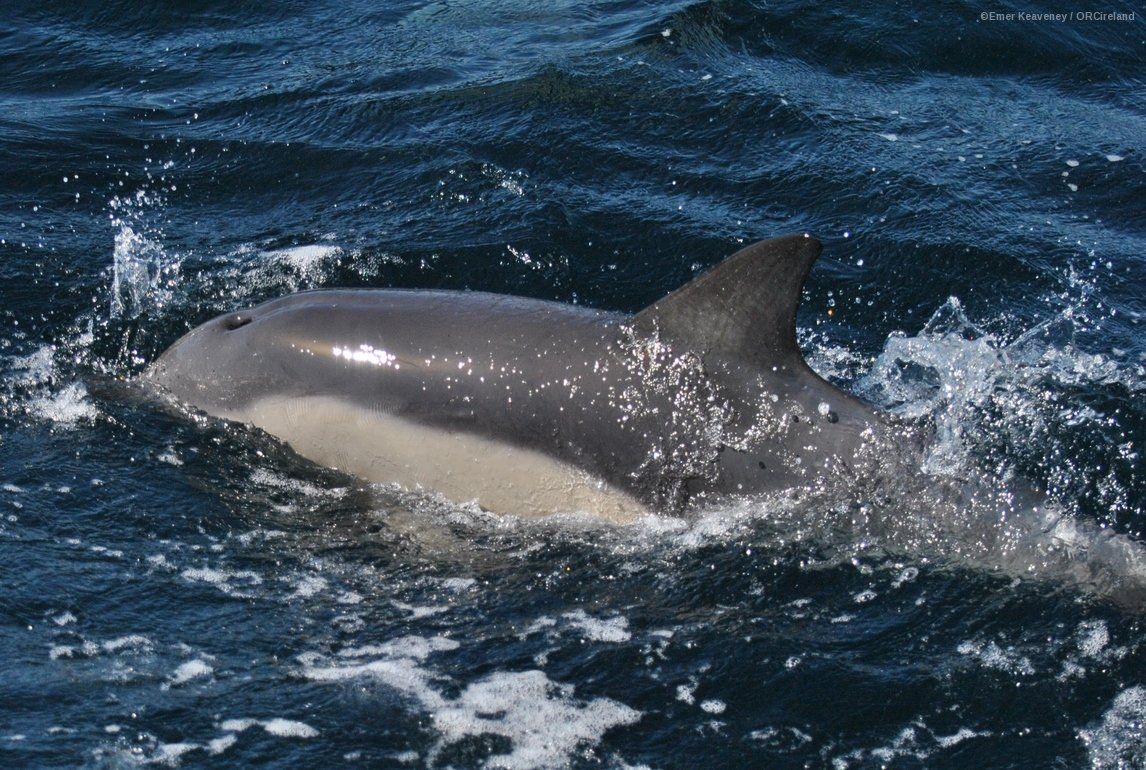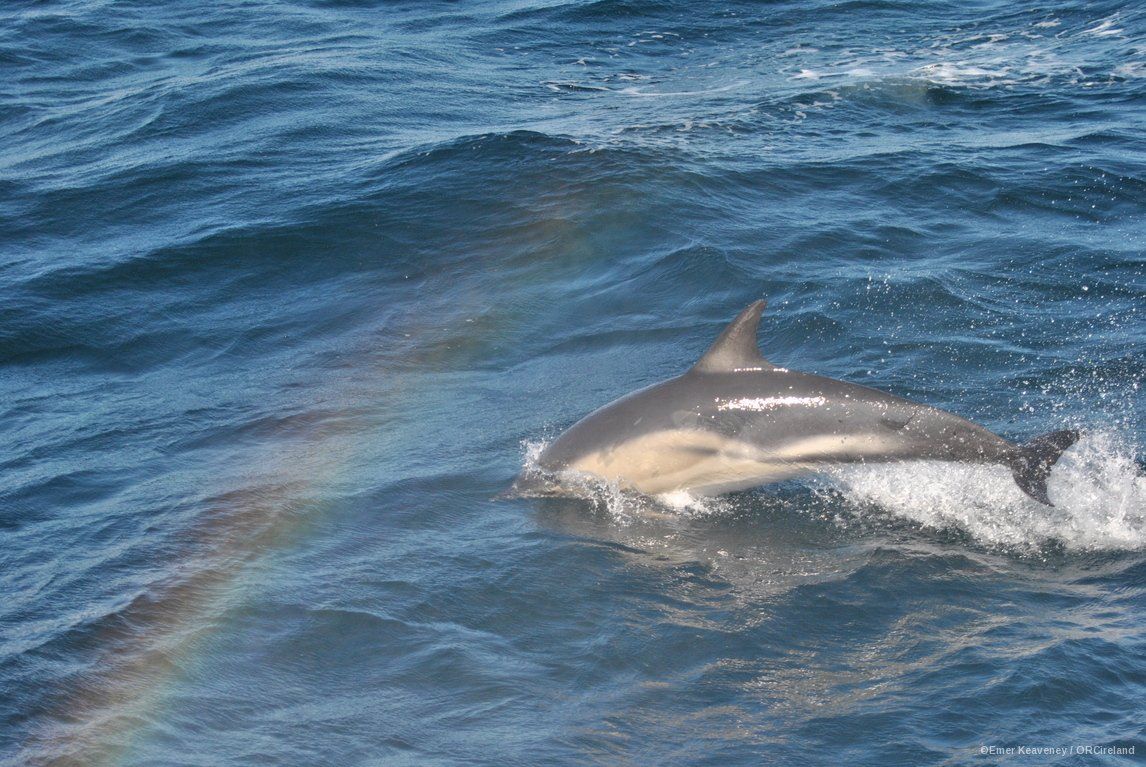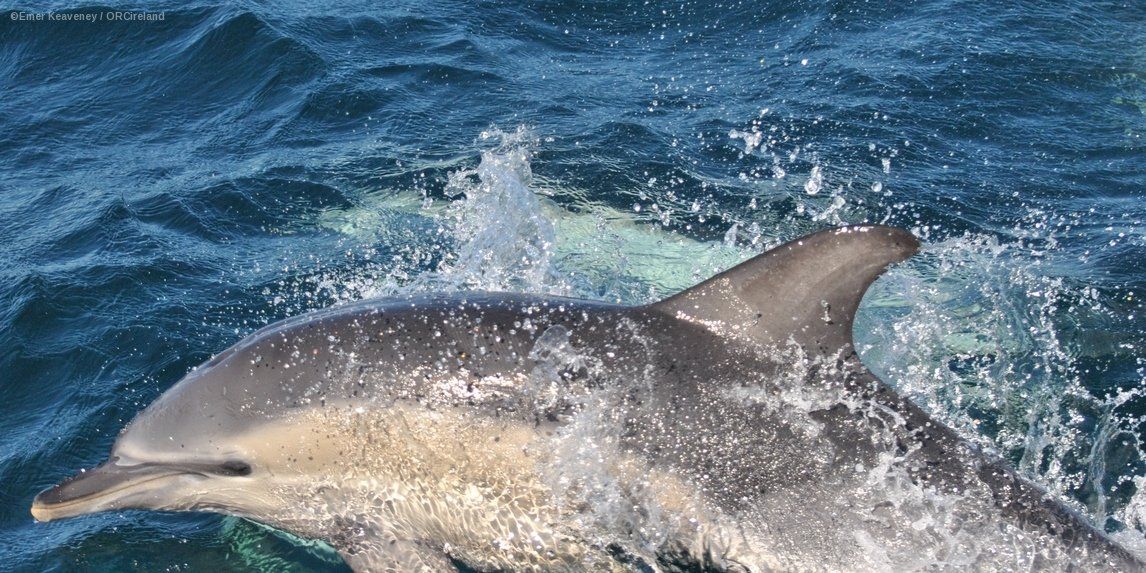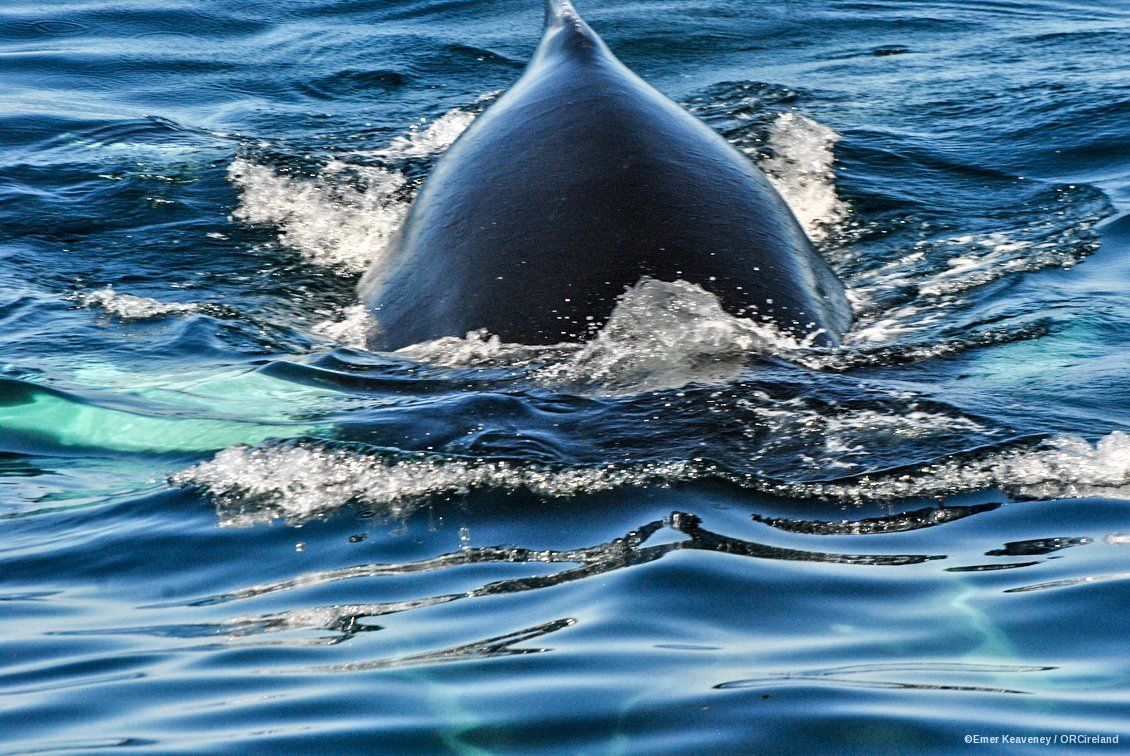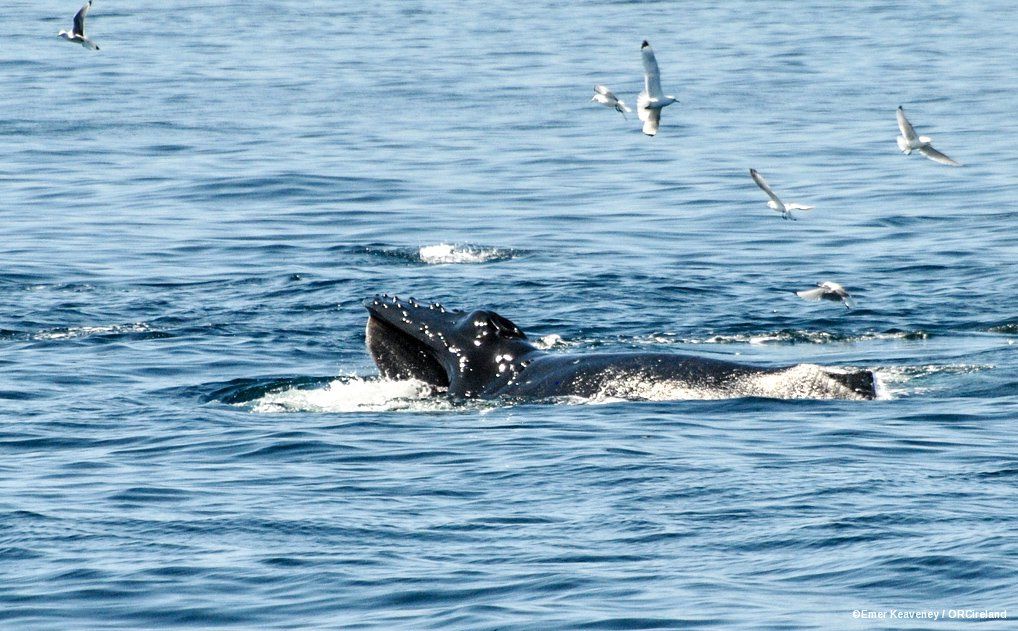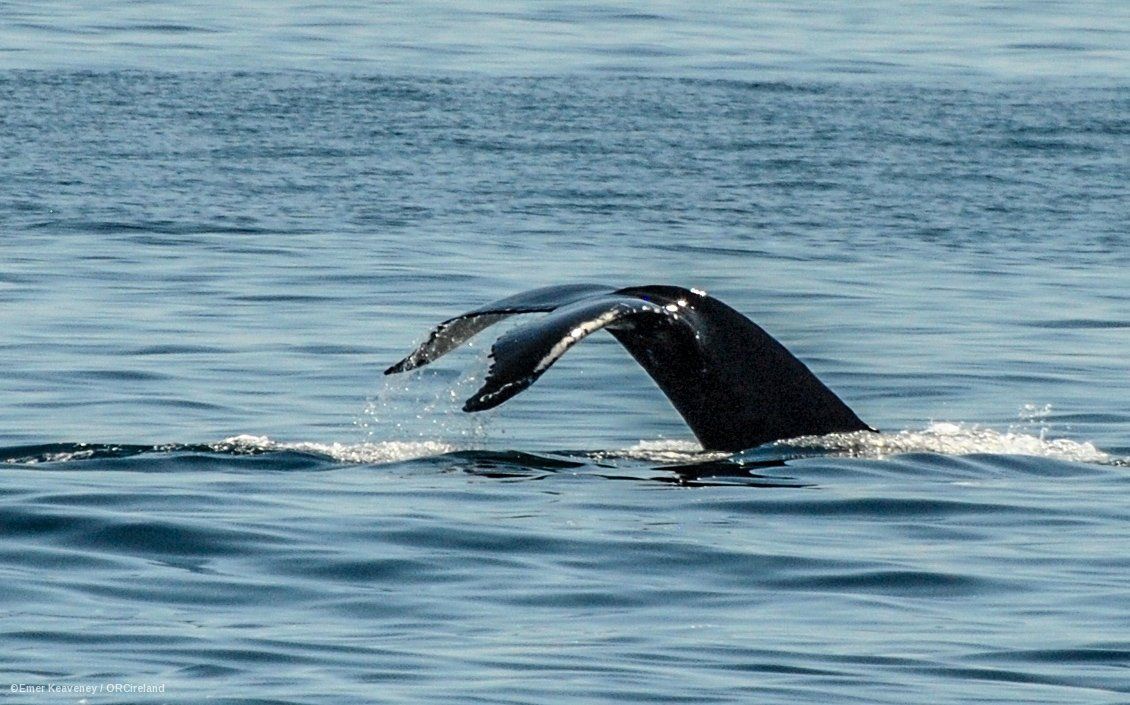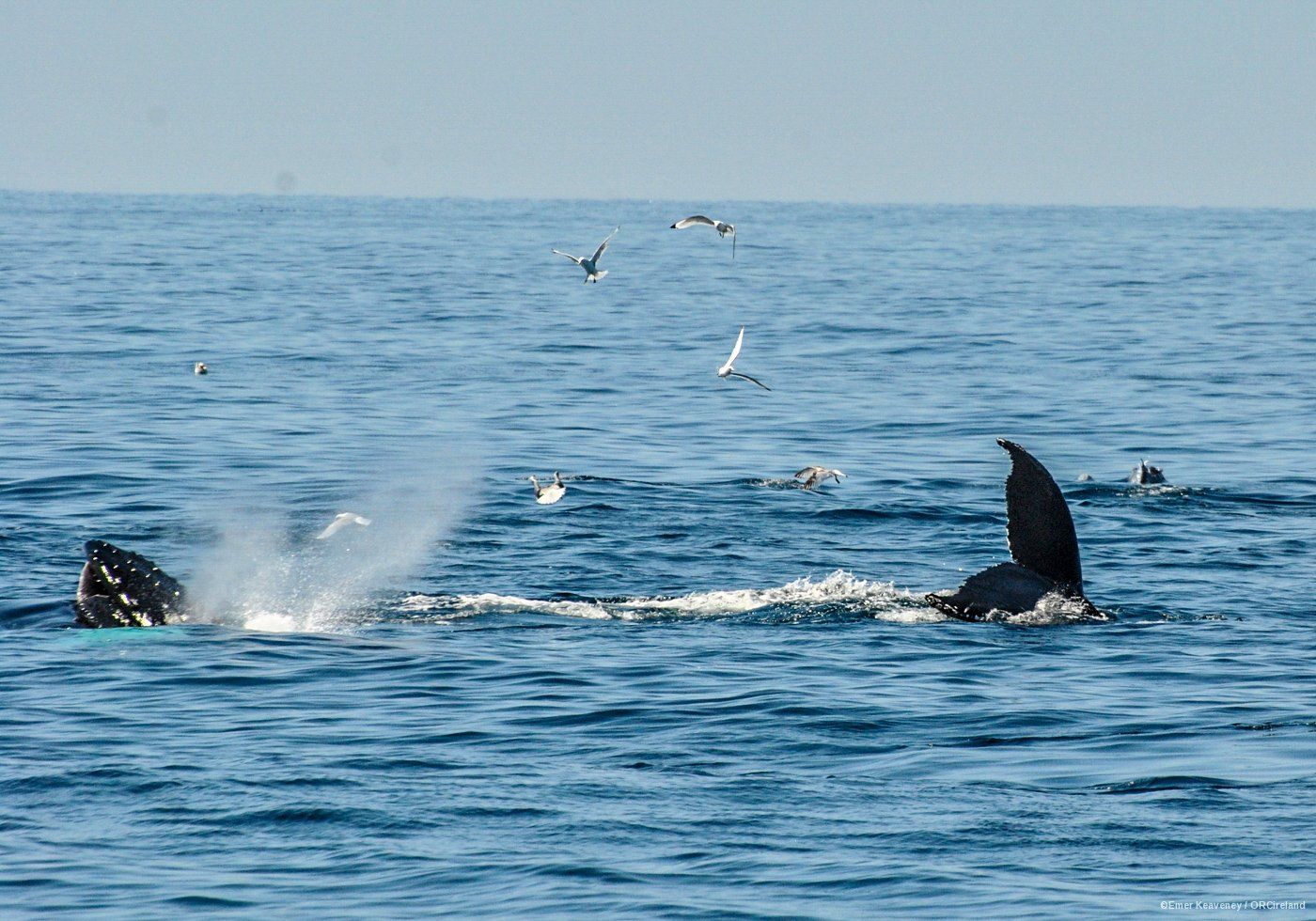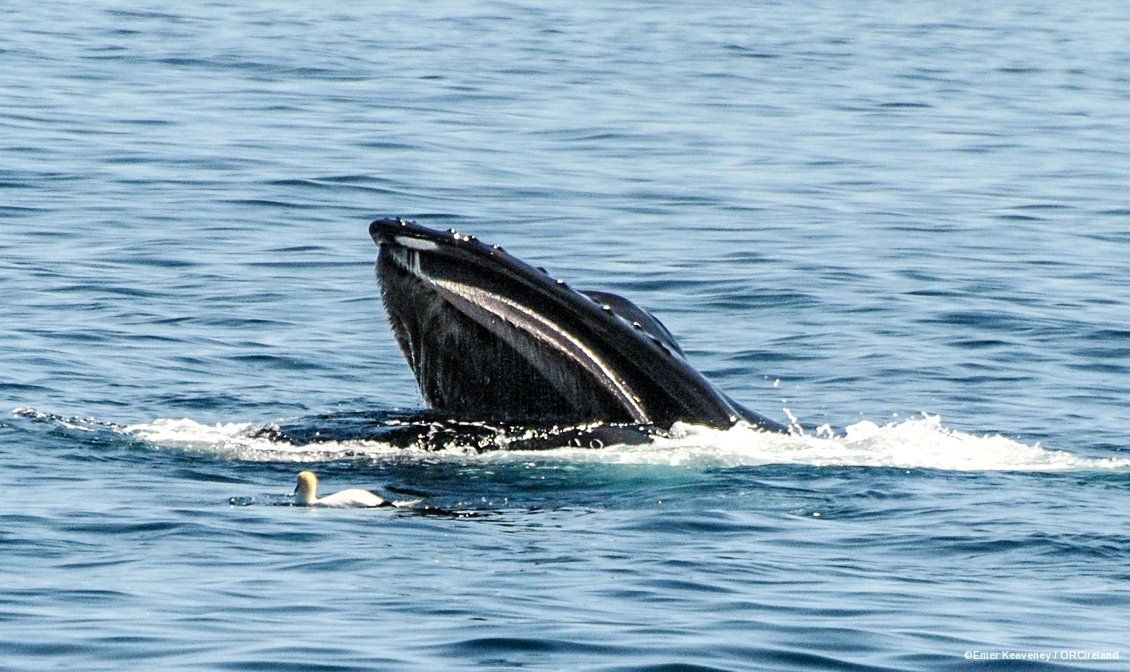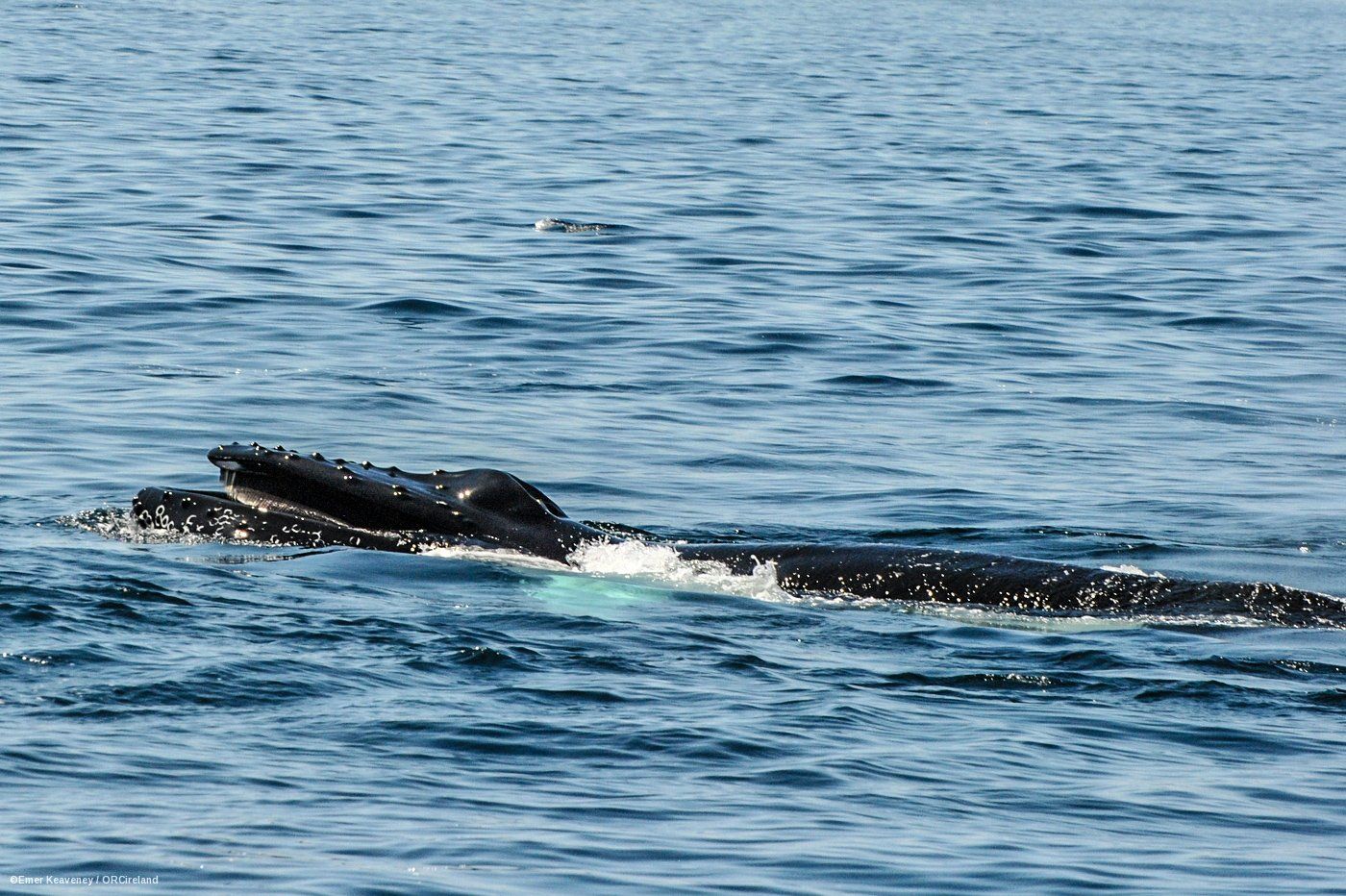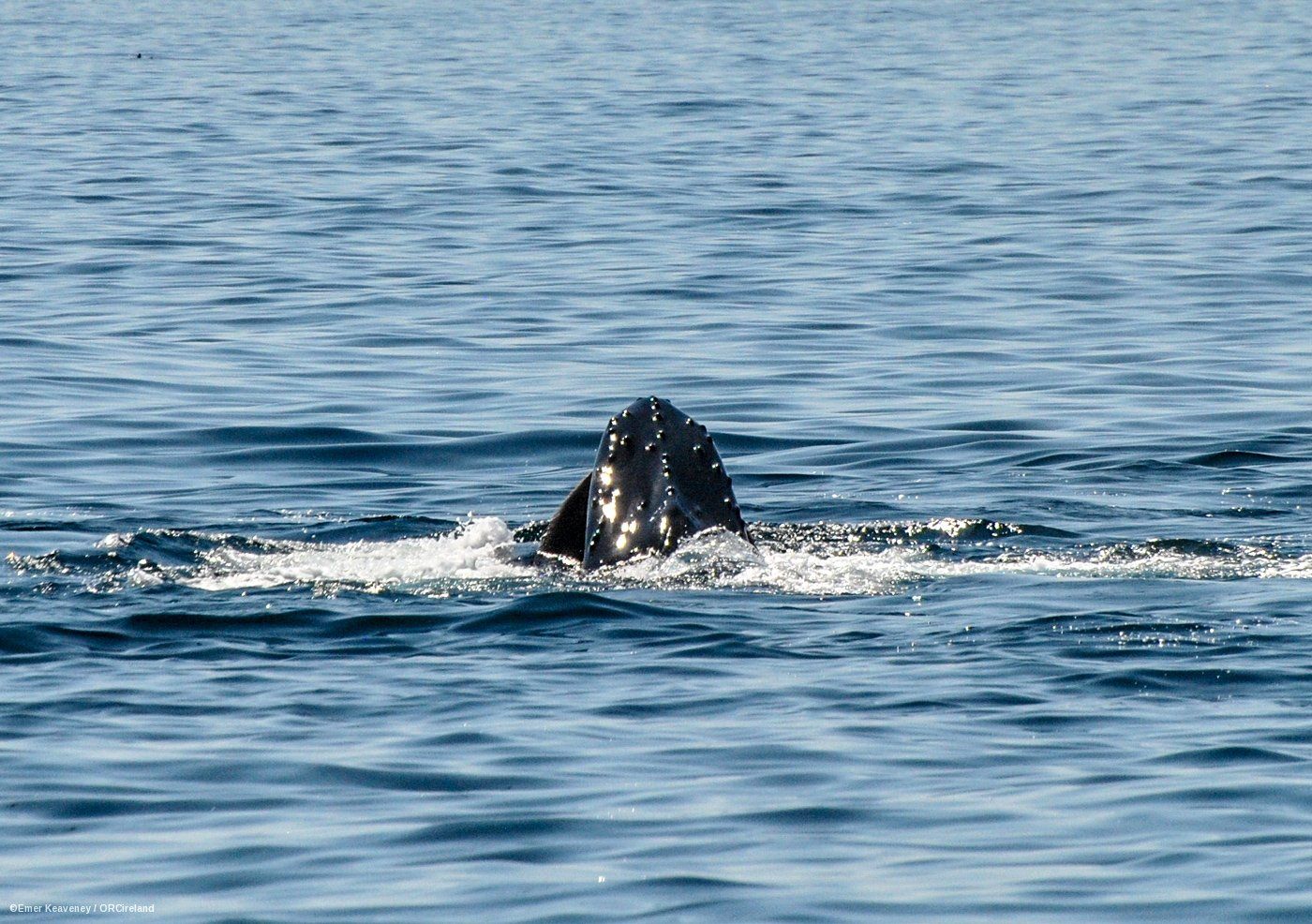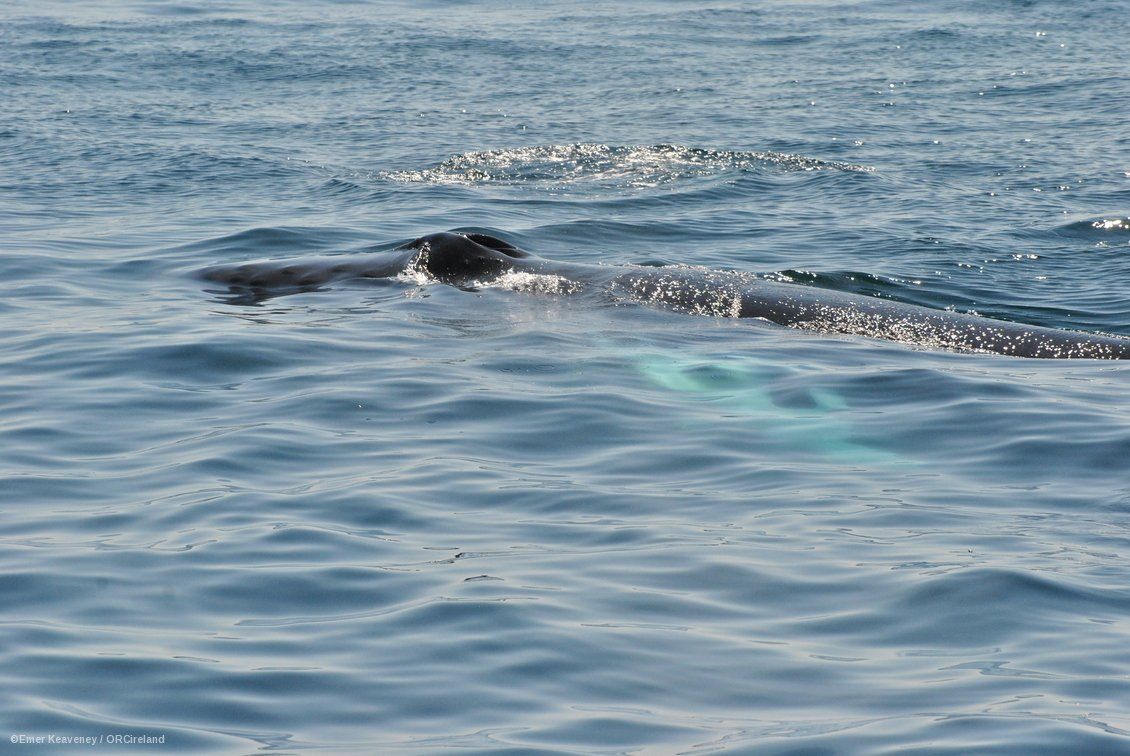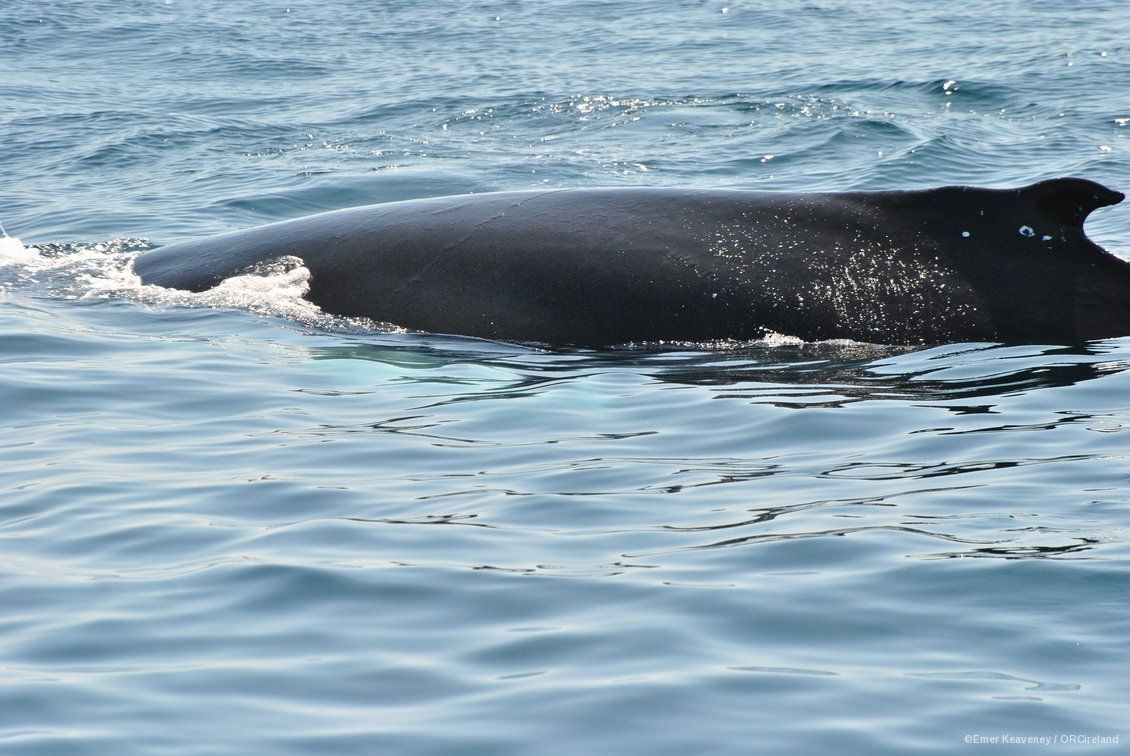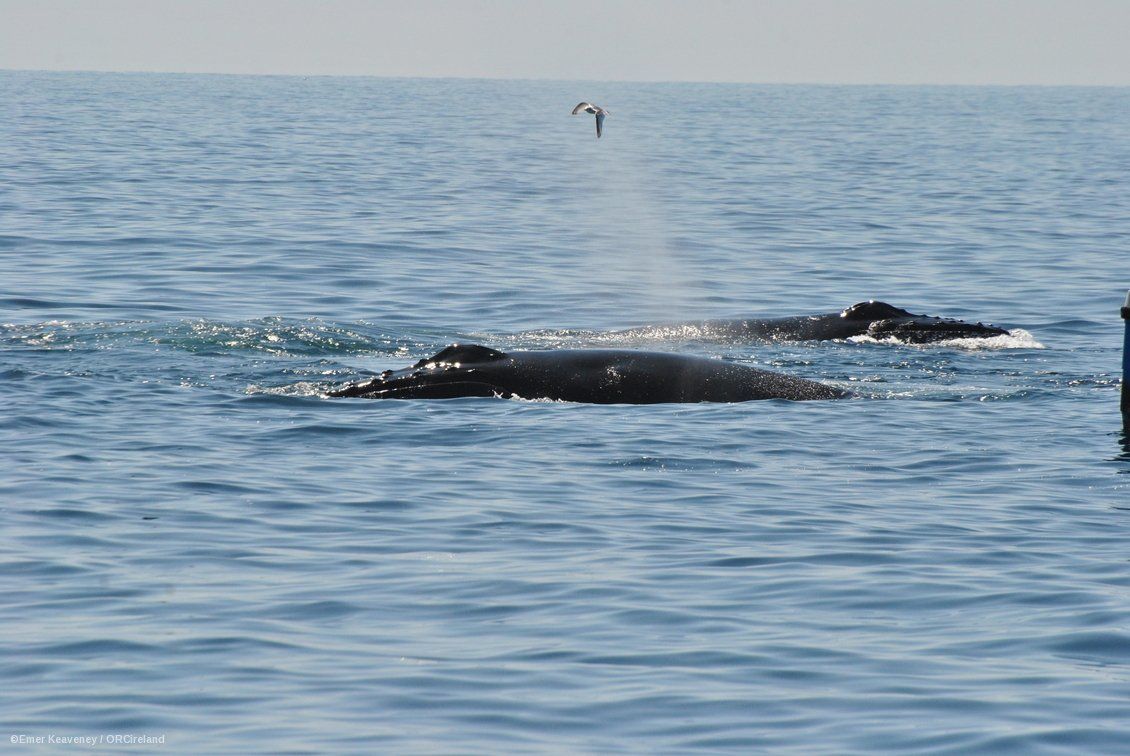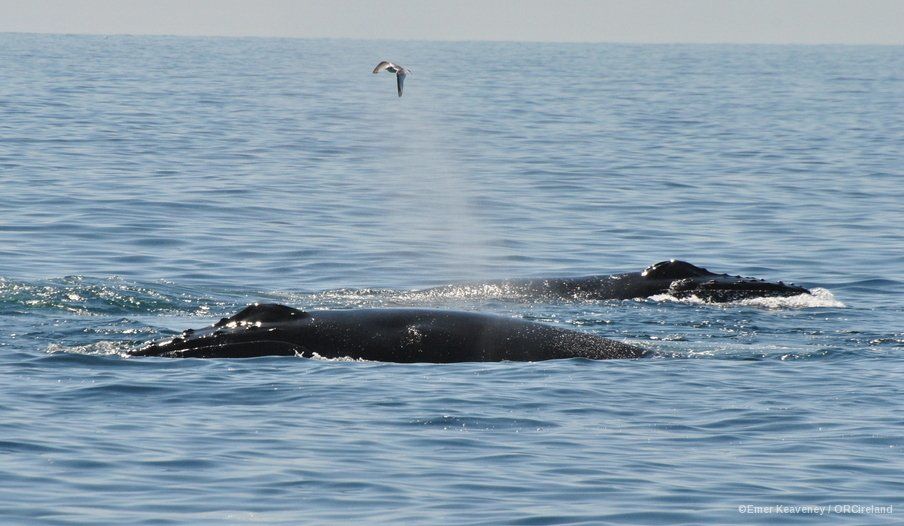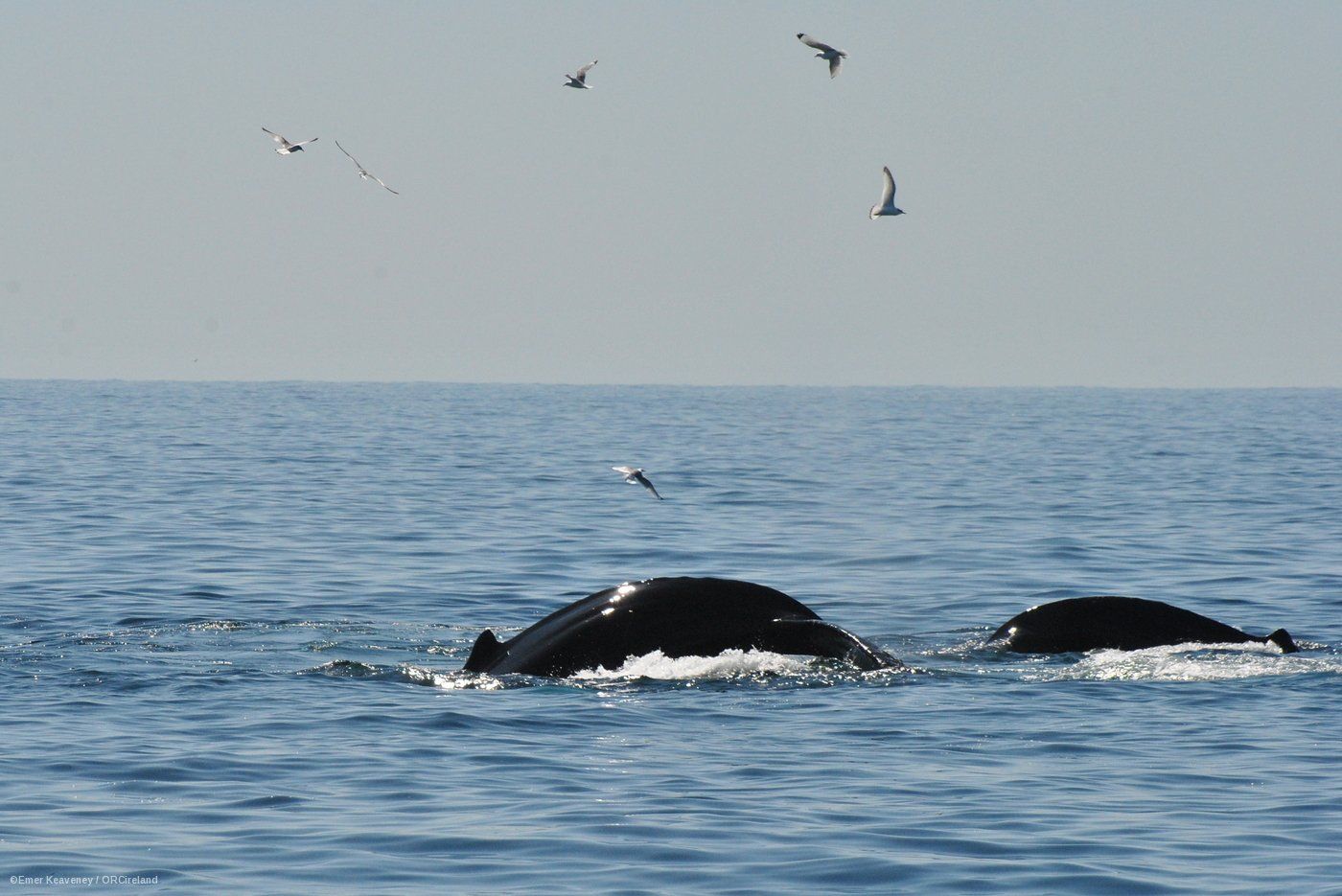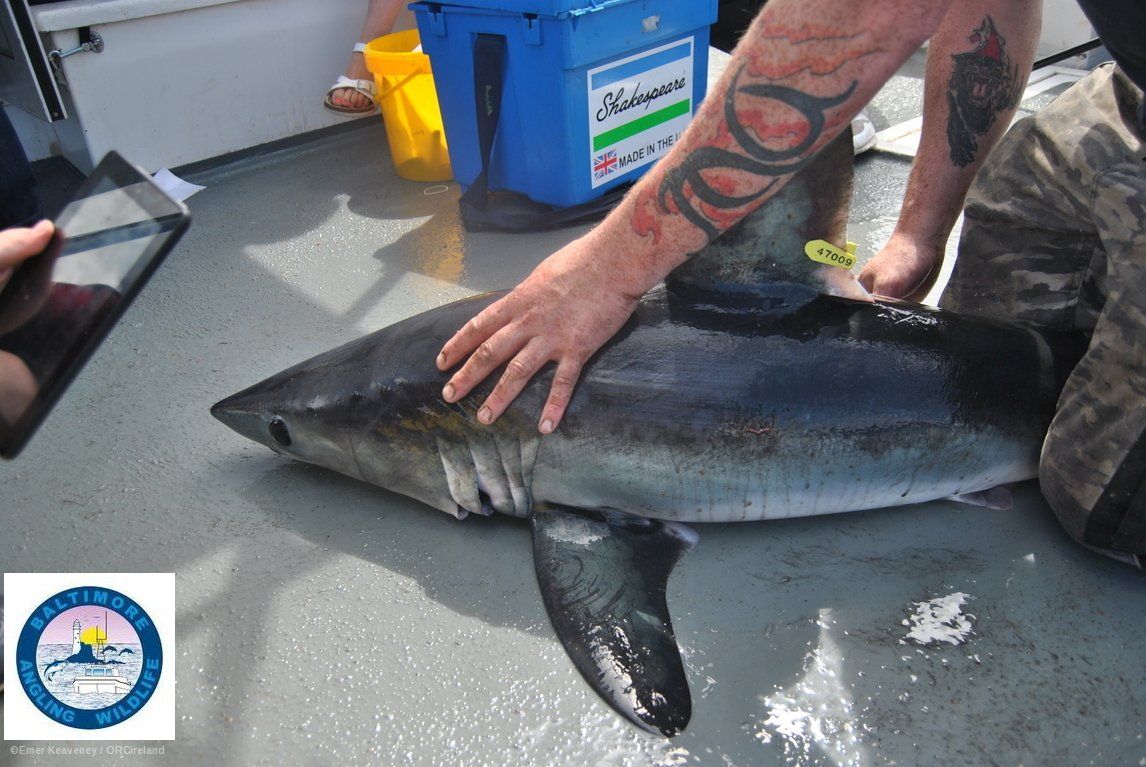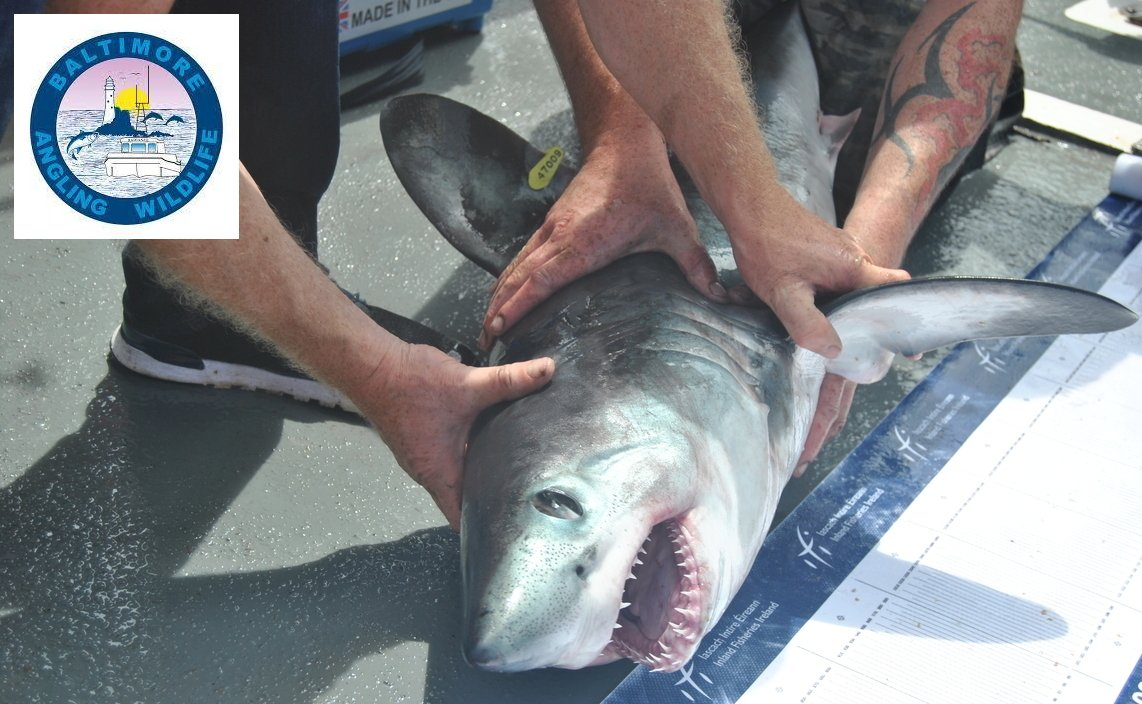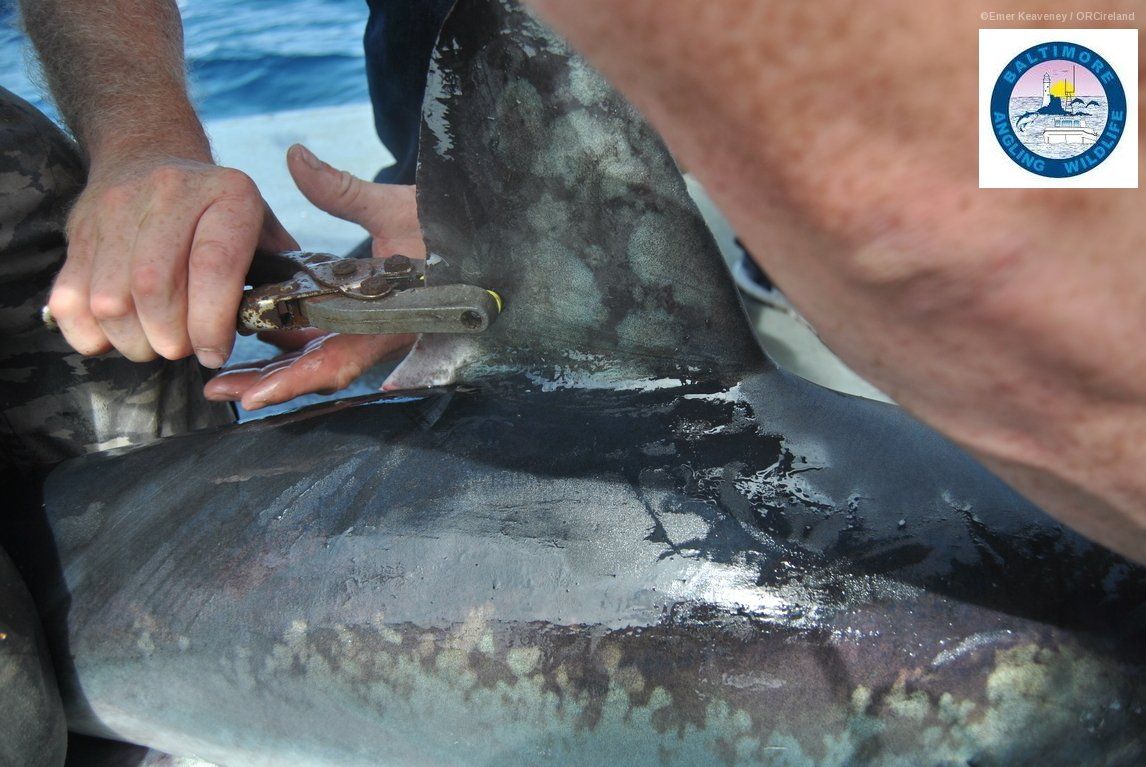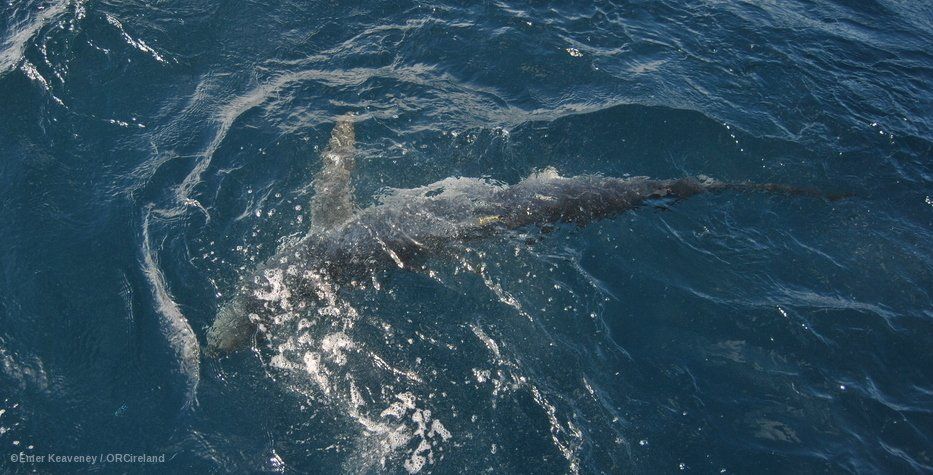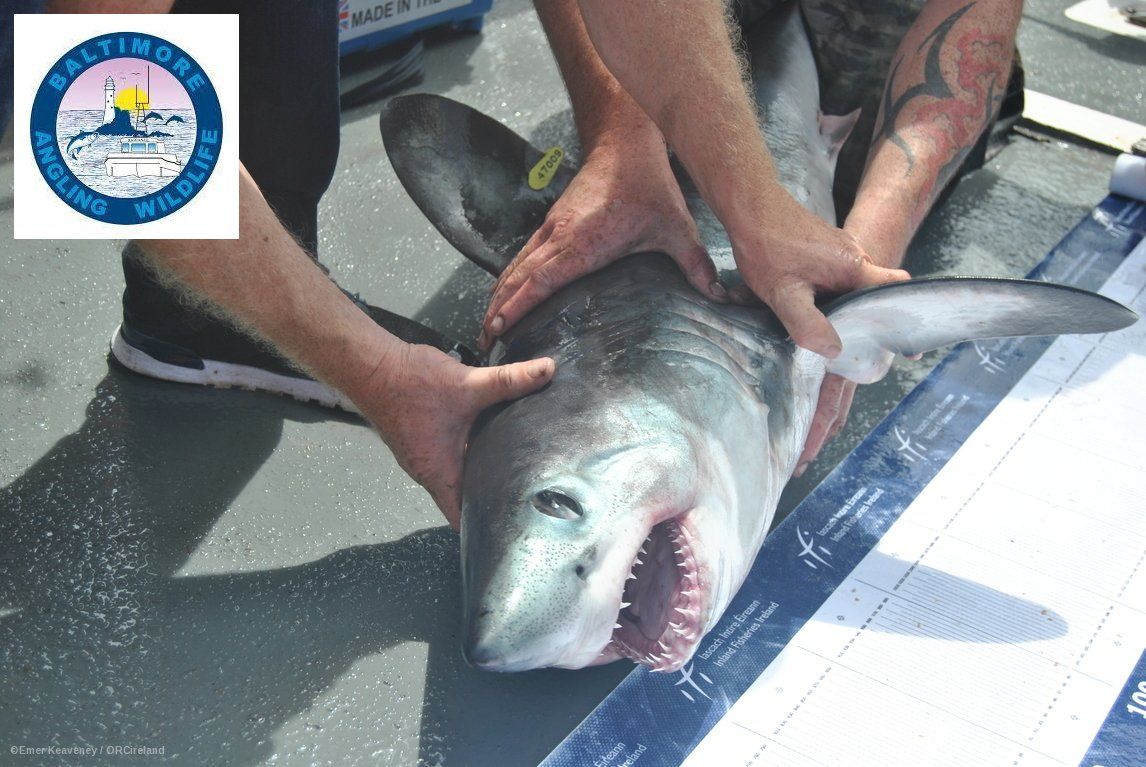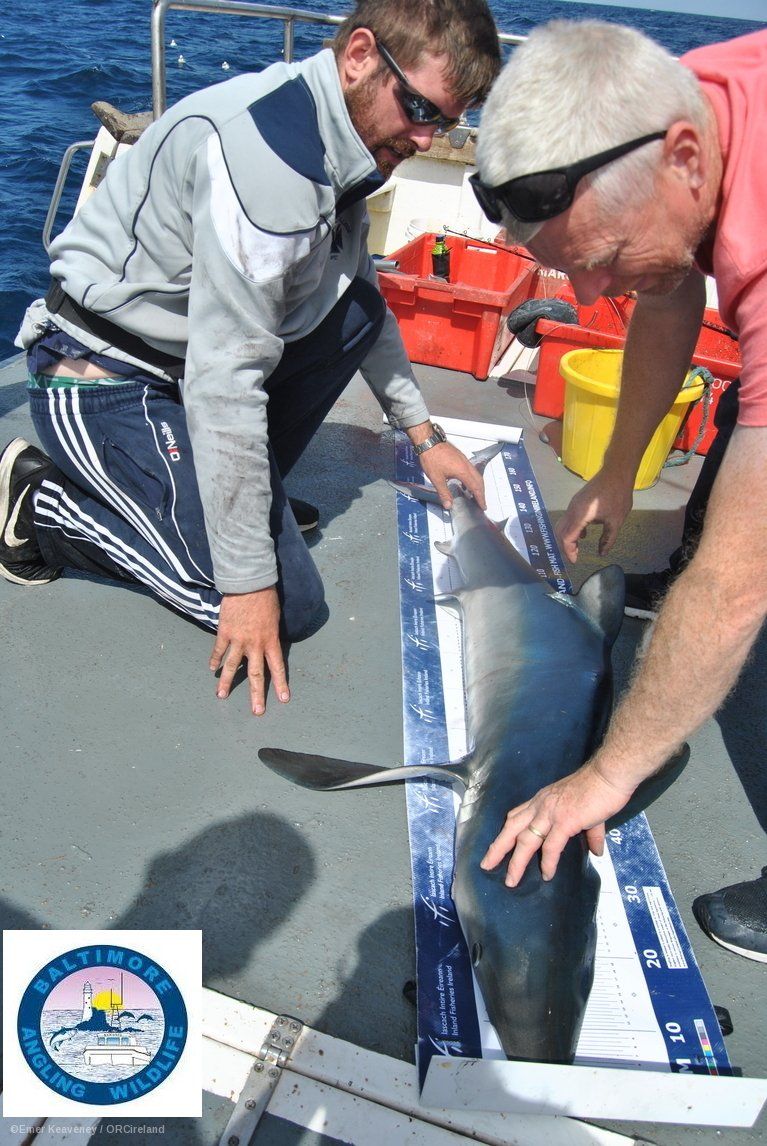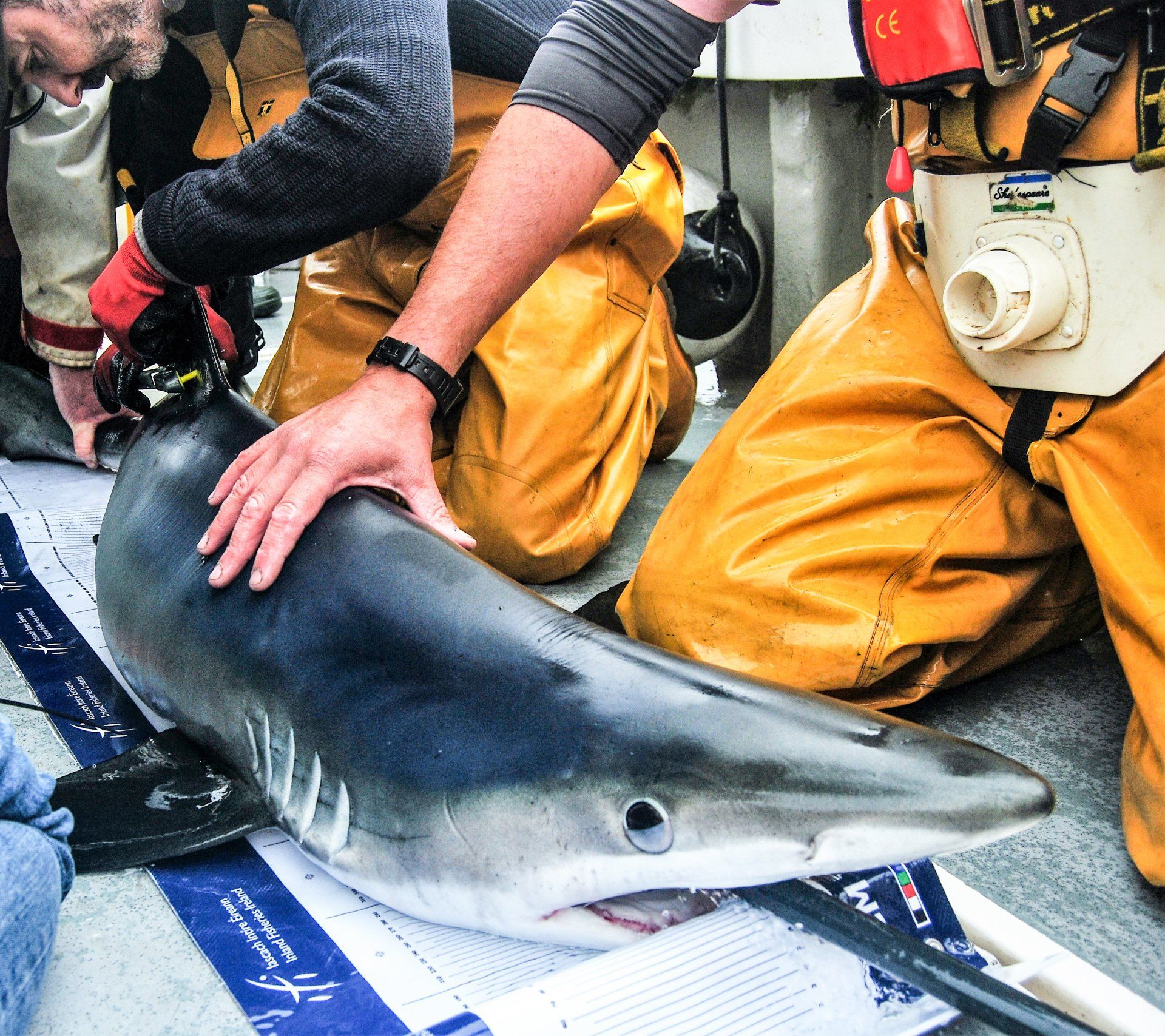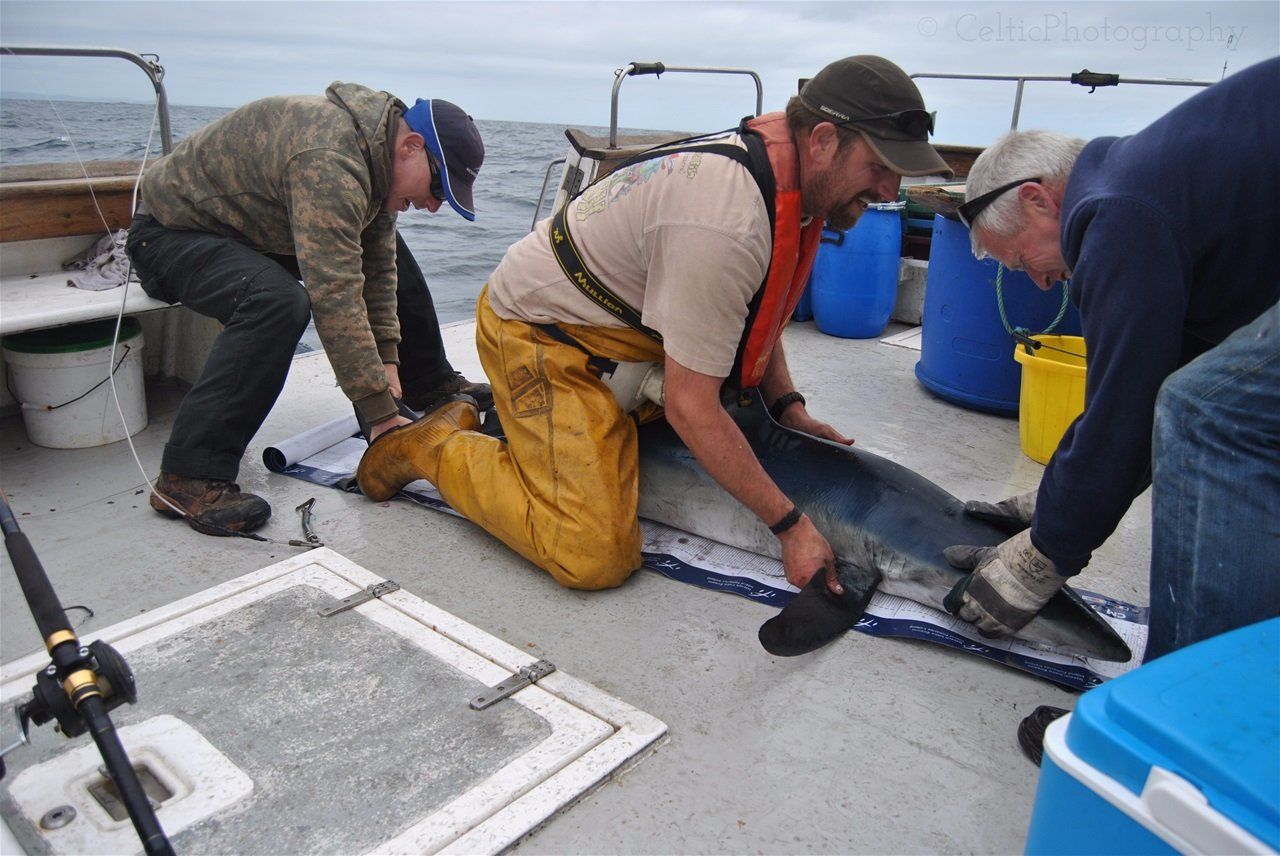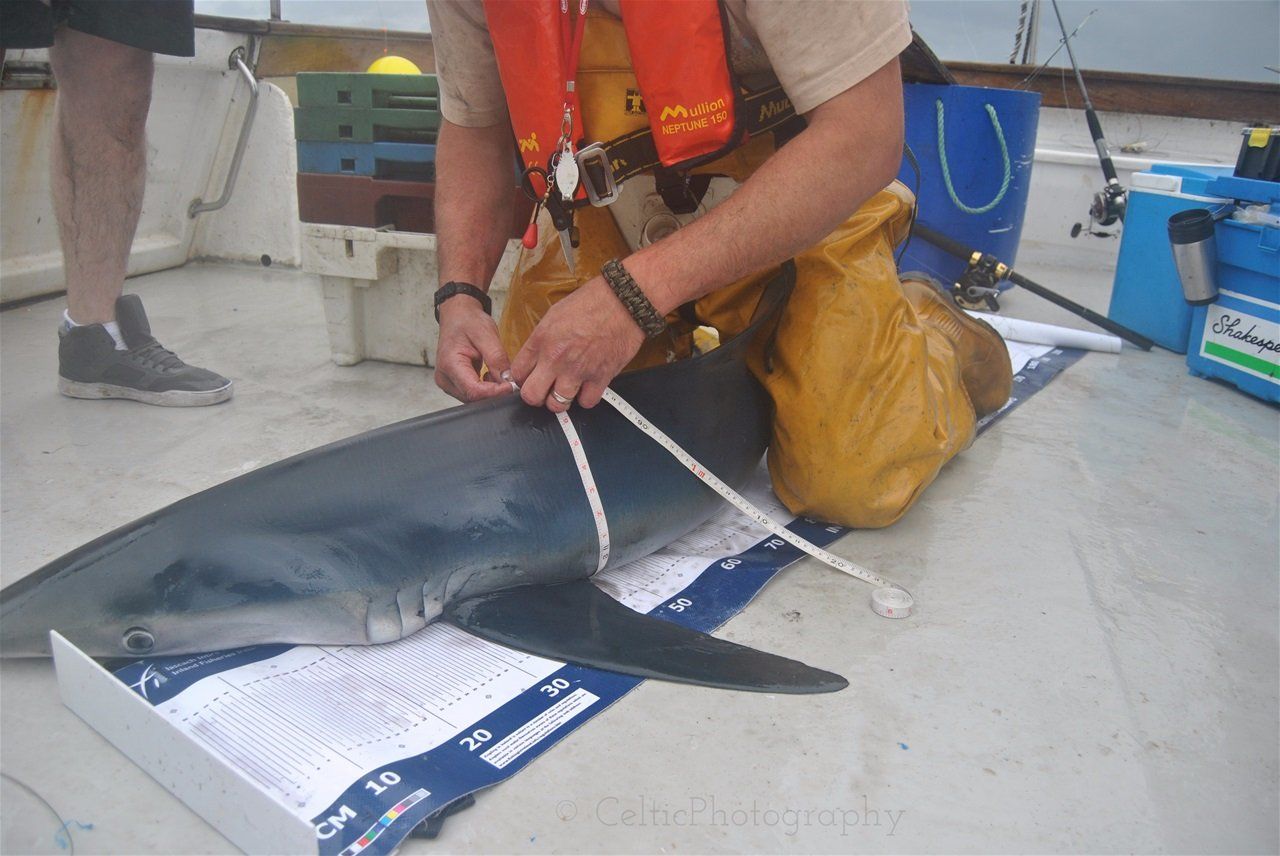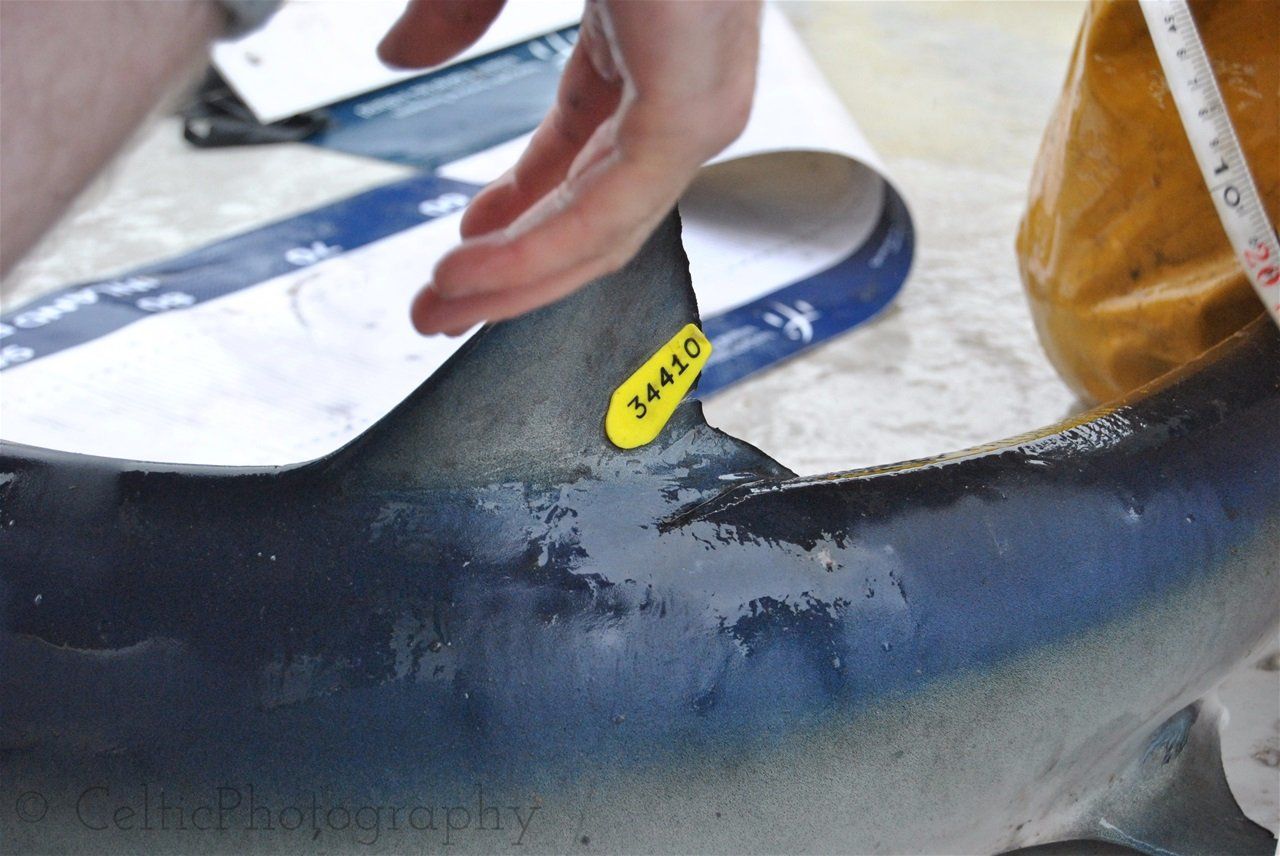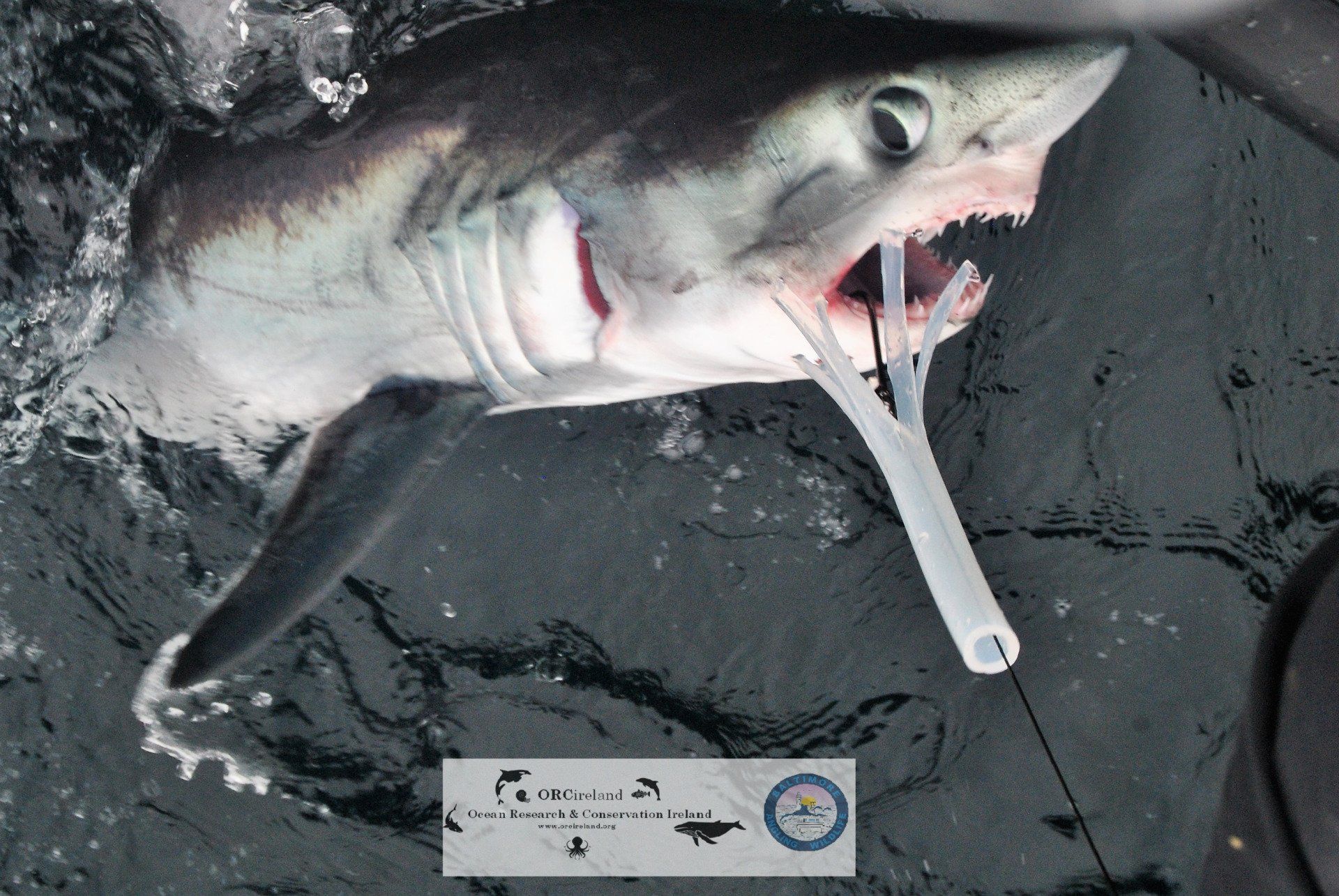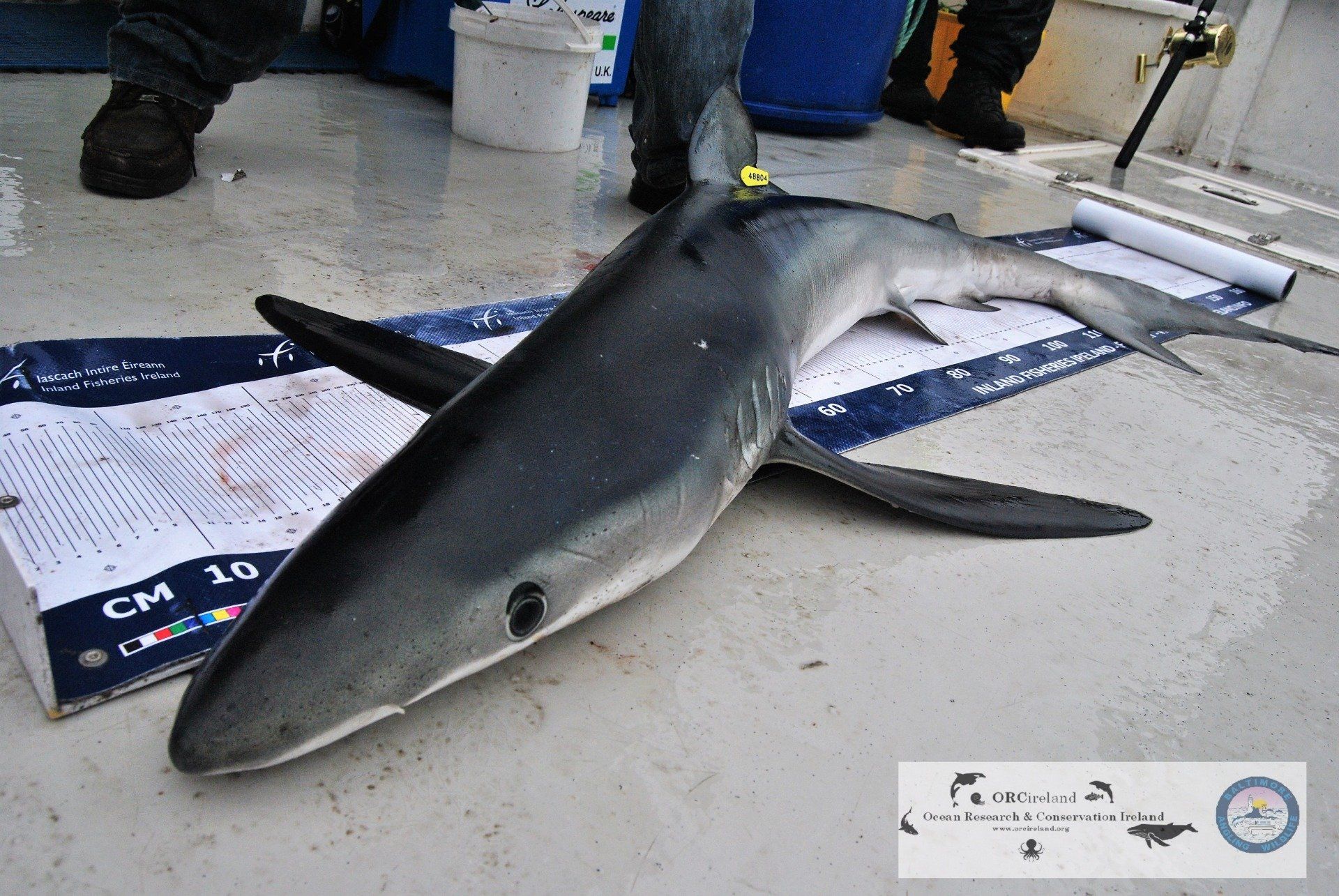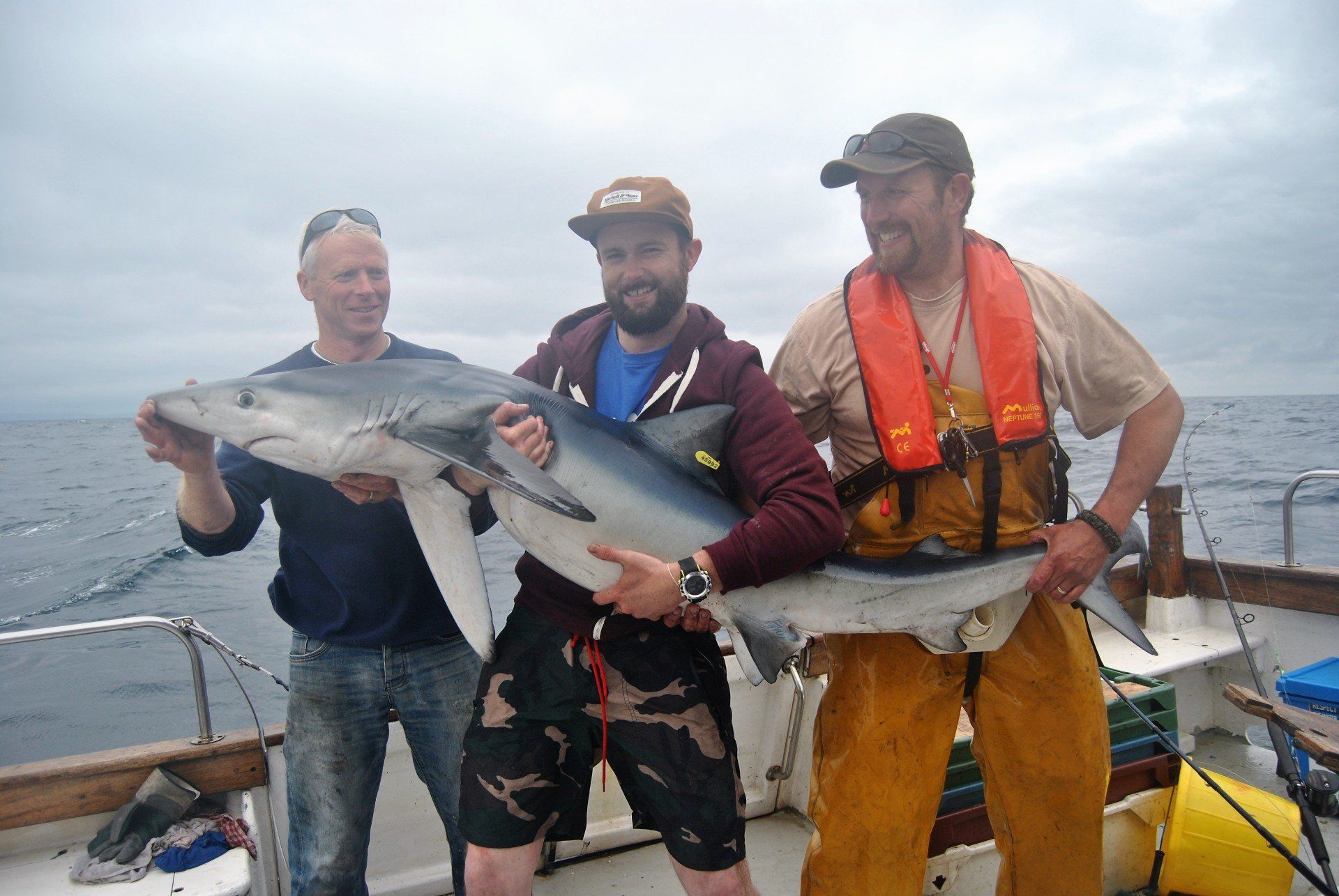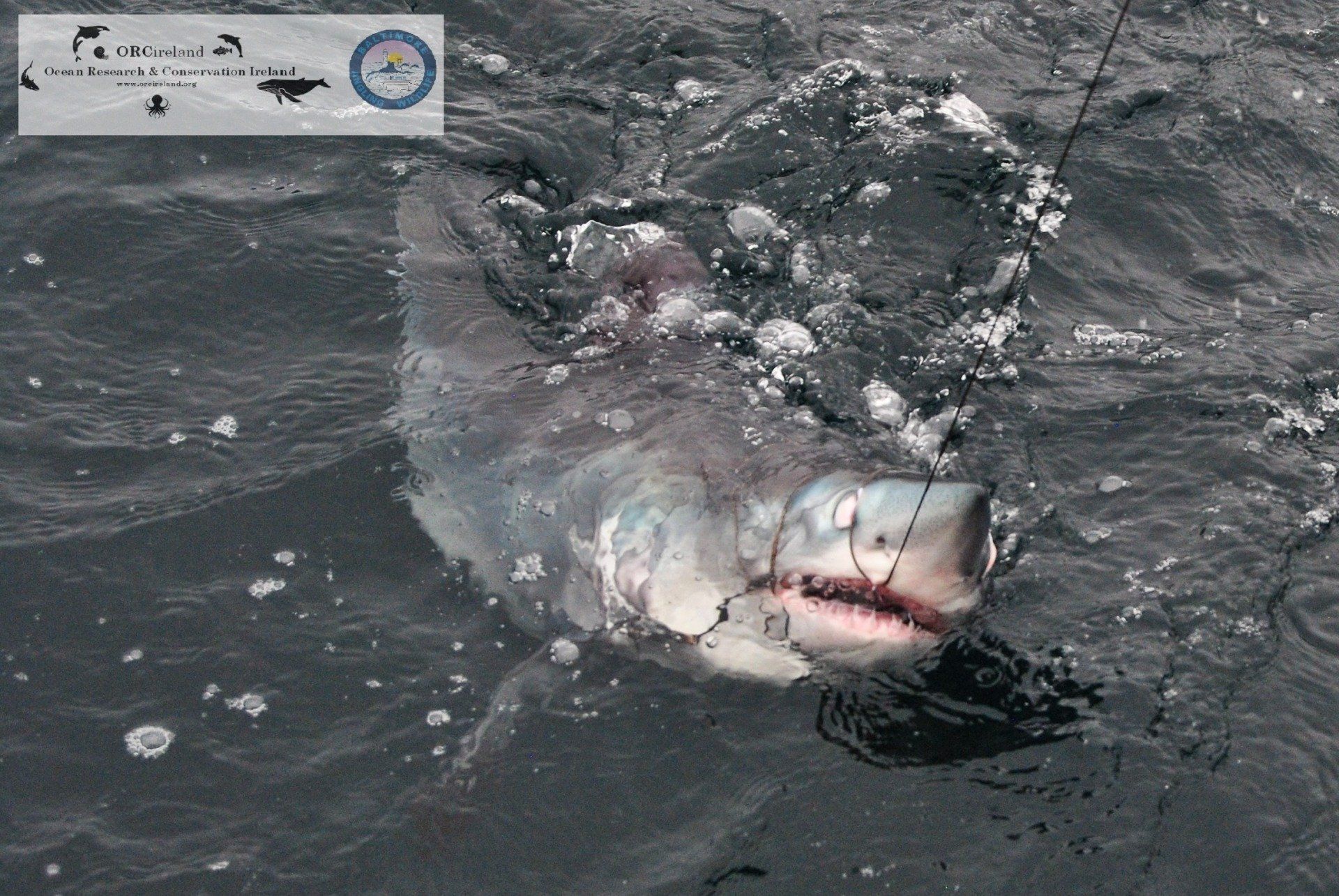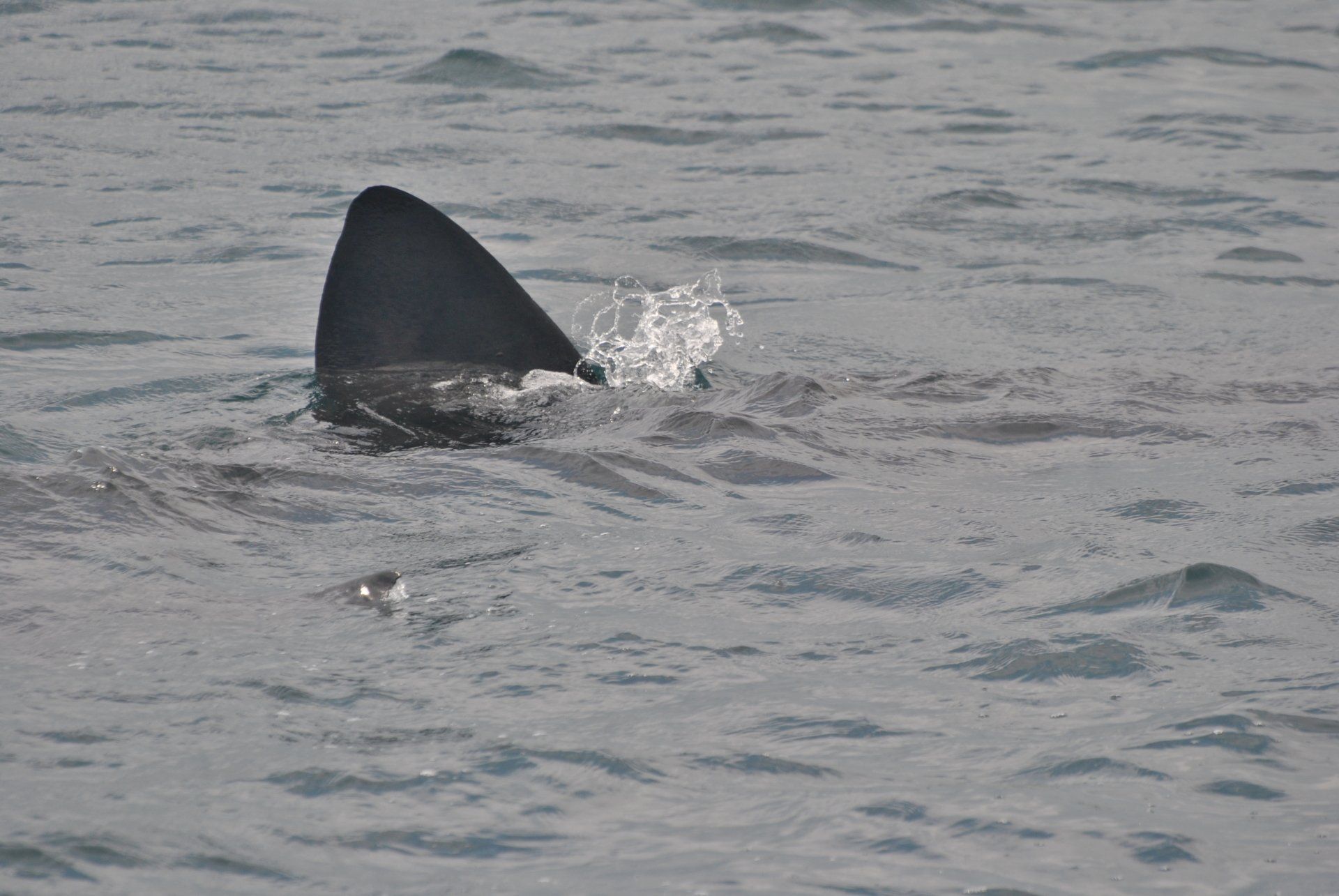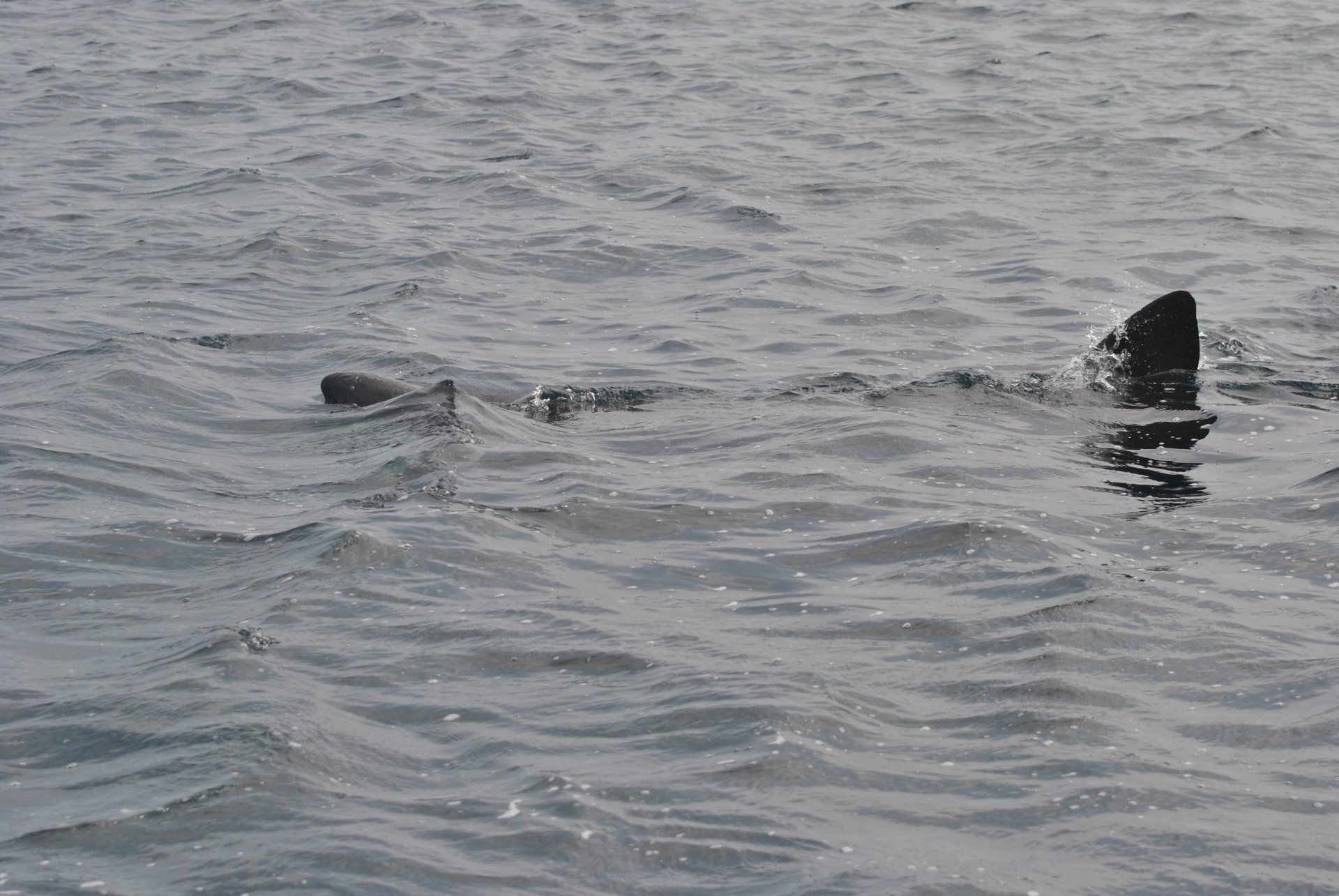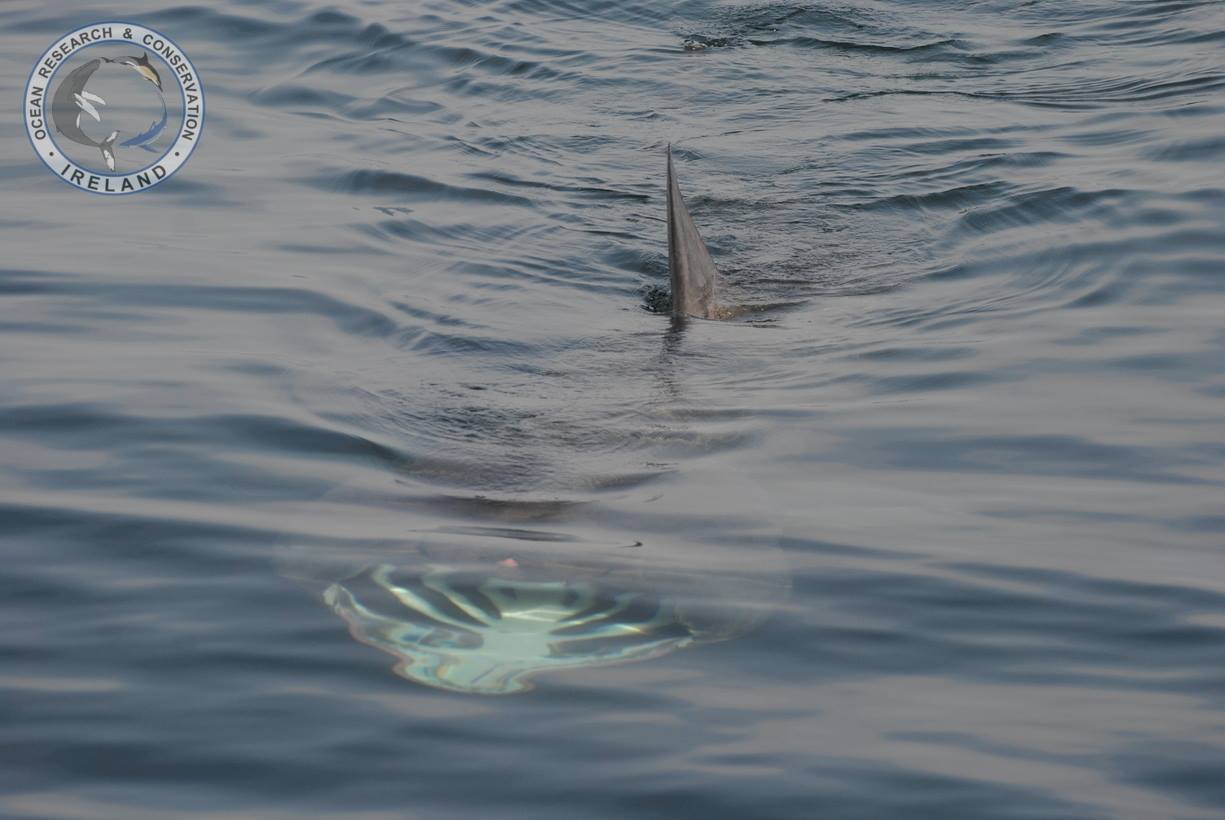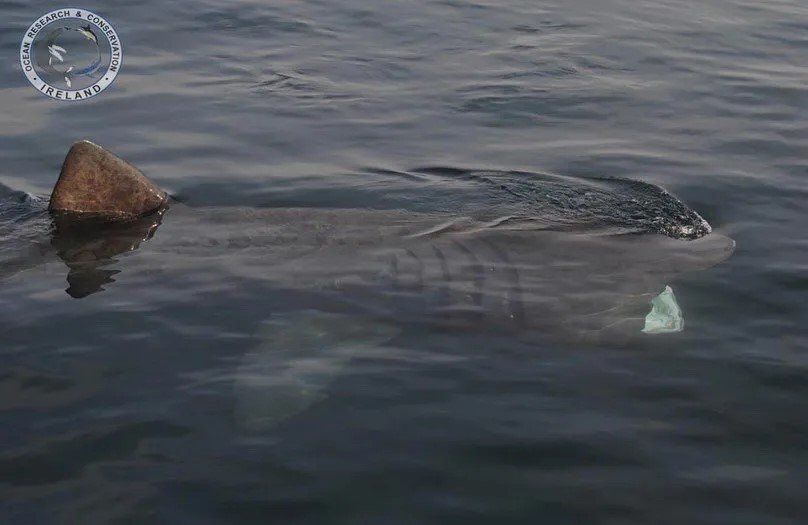Research Surveys
Our Priority Region....
Has a high number of threatened marine species
Has a high level of ocean biodiversity
Faces significant threats from increasing human pressures & Climate Change!
Since 2012 ORCA Ireland scientists have been conducting research on marine mammals. Now with novel technology, we can see above and below the surface, and even listen to the secret world of whales!
Click below to hear about the...
MARINE MAMMAL SCIENCE:
ORCA Ireland's Marine Mammal Science
focuses on long-term population monitoring of marine
mammals through citizen science and dedicated research including opportunistic and effort-based visual and acoustic monitoring surveys.
ORCAIreland Observers record marine wildlife on-board whale watching eco-tour vessels to monitor populations of cetaceans (porpoise, dolphins and whales) and pinnipeds (seals) in Irish waters.
.
Click below to find out more about:
HUMPBACK WHALE RESEARCH:
View ORCA Ireland's Humpback Whale Catalogue and see if you have a match!
Log your humpback whale observations in the special Humpback Whale Survey Form in the OBSERVERS APP.
Click below to view our...
WHALE WATCH SURVEYS
With the help of local eco-tour operators we can conduct important opportunistic research for long-term population monitoring of marine mammals in Irish waters.
Whale watching can have many scientific benefits, if 'Best Practices' are followed as un-regulated eco-tourism has been shown to have negative impacts on marine mammals and seabirds, moving them out of important habitats or disrupting important behaviours such as foraging or masking communication.
While dedicated research on vessels can effectively collect data to address specific questions in a methodological manner, where research questions, rather than the pressure to please tourists determine which marine mammals will be approached and how long the research vessel will stay with them, it can be a cost effective solution to gathering information on population trends.
Whale watching vessels collectively spend more time, running trips with greater frequency than any research vessel could hope to cover in a particular season. With special training, and suitable recording equipment, guides and in some cases passengers on whale watching vessels can contribute valuable data to scientists to add to photo-identification catalogues and the long-term monitoring of cetacean populations.
SHARK SCIENCE:
ORCA IRELAND'S SHARK SCIENCE:
Elasmobranchs (sharks, skates, and rays) in Irish waters, are a group of fish that we know remarkably little about despite having close interactions with on a frequent basis. We do know however, that elasmobranchs are highly vulnerable to overfishing and climate change. Sharks are not protected in Irish waters, and unfortunatley can fall victim to bycatch in fishieries and to shark finning off the south coast of Ireland. In order to protect habitats for sharks, we need basic information on the movements, population structure, behavior, and life-history of vulnerable or over-exploited species of sharks, skates, and rays.
Help us to understand shark movements and behaviour!
SHARK SURVEYS
Local eco-tour operators can contribute to important scientific research for long-term population monitoring of elasmobranchs in Irish waters.
Recreational catch & release angling and recreational diving can have many scientific benefits, if 'Best Practices' are followed as un-regulated eco-tourism has been shown to have negative impacts on sharks. Catch & release, albeit non-lethal, raises concerns for animal welfare. Sharks that are badly mis-handled while being caught by sea anglers may suffer injuries that can impair their foraging efficiency and leave them vulnerable to disease and predation by larger sharks.
Research on the impacts of catch & release angling has highlighted the need for "Best Practice" and to collect data to address specific questions in a methodological manner, where research questions, rather than the pressure to please anglers, determine which sharks are landed on-board for measurement and tagging. Long fights using weak lines can lead to sharks becoming exhausted and needing longer to physically recover from being removed from the water.
Sea angling and diving charters vessels collectively spend more time at sea, with greater frequency than any research vessel could hope to cover in a particular season. With special training, and suitable recording equipment, divers, guides and anglers on charter vessels can contribute important data to help with the long-term monitoring of shark populations.
SHARE YOUR RECORDS TODAY!
- Reporting to the Observers App: Citizen scientists can log marine megafauna through the OBSERVERS APP or send records with images to us via email to observersapp@gmail.com.
- Reporting to our website: You can also log marine megafauna observations, strandings and entanglements directly via our website.
- Hosting Researchers: Eco-tour operators and skippers who host ORCA IRELAND Observers on-board usually find that the extra place taken up on the vessel is more than compensated for by the knowledge they can share with guests about the ecology species encountered while at sea. This model has worked well in the Gulf of Maine, U.S.A. and the Antarctic, among other places where data collected on board whale watching vessels has contributed to peer-reviewed studies that aid conservation efforts.
ETHICS IN SCIENCE:
ORCA Ireland's core task is to ensure a high standard of ethics in science within the association at all times. This includes considering the welfare of individual cetaceans and sharks, and of their populations as a whole. Therefore, any research conducted by ORCA Ireland is critically monitored for its non-invasive and non-lethal character with application of a carefully designed precautionary approach. We use non-invasive methodologies to monitor cetaceans with highly original and innovative research studies such as the Observers App, Flukes Follow Project and Smart Whale Sounds, to which we hold intellectual property rights under Irish Law. Sharks are studied on a strictly non-lethal catch & release basis and all precautions are taken to ensure limited time is spent with the animal on-board to reduce stress and ensure welfare best practices are adhered to.


